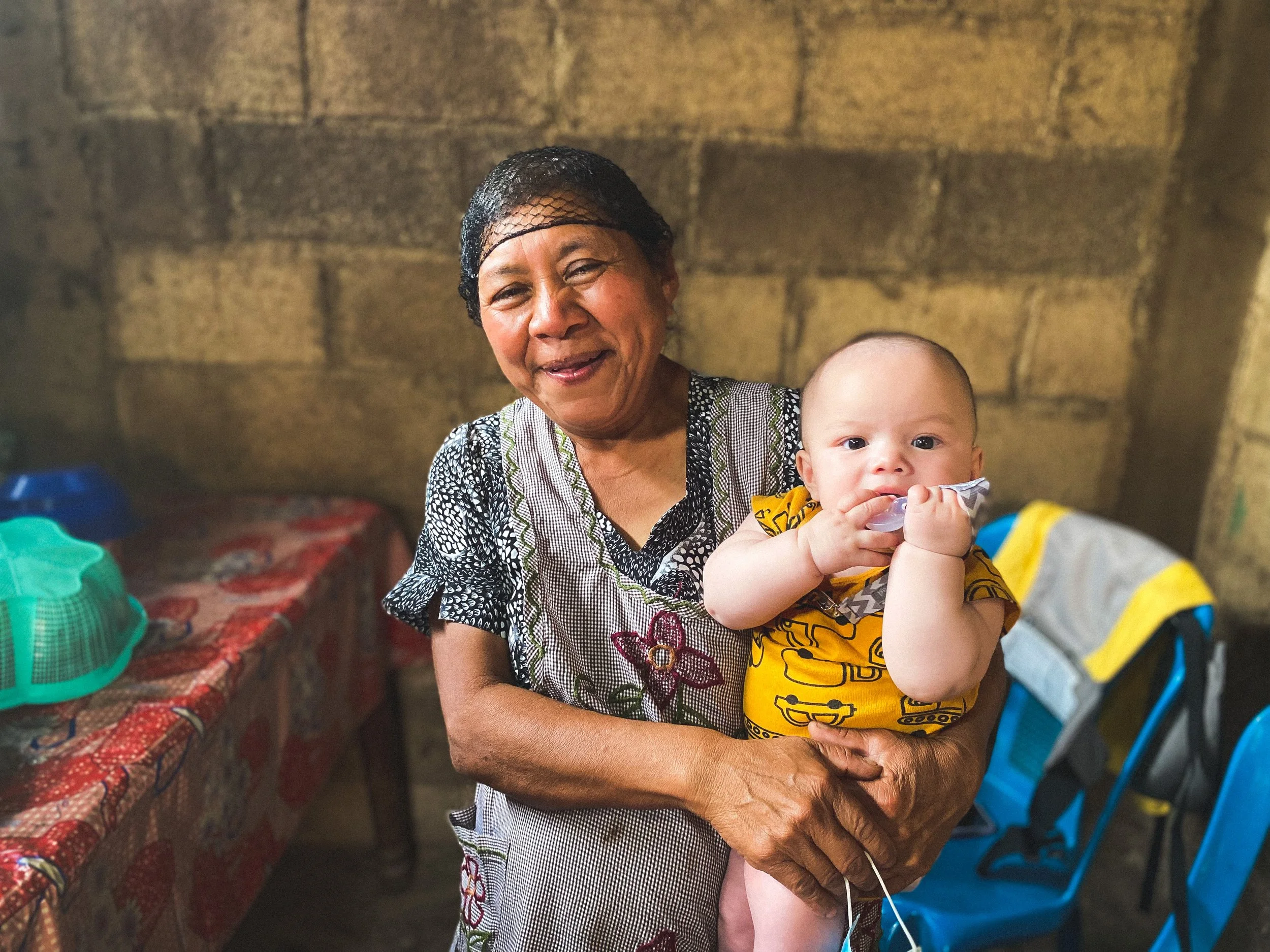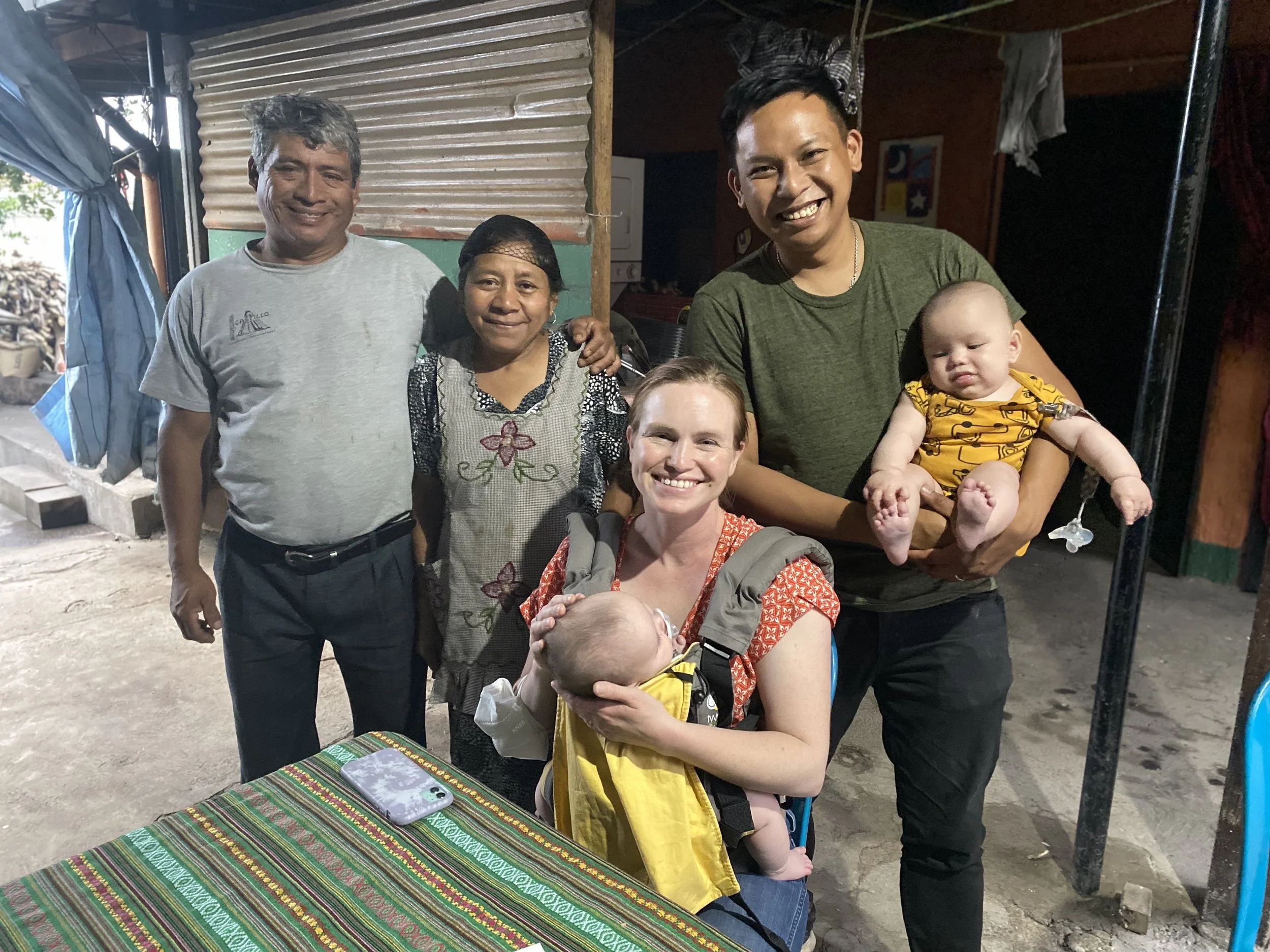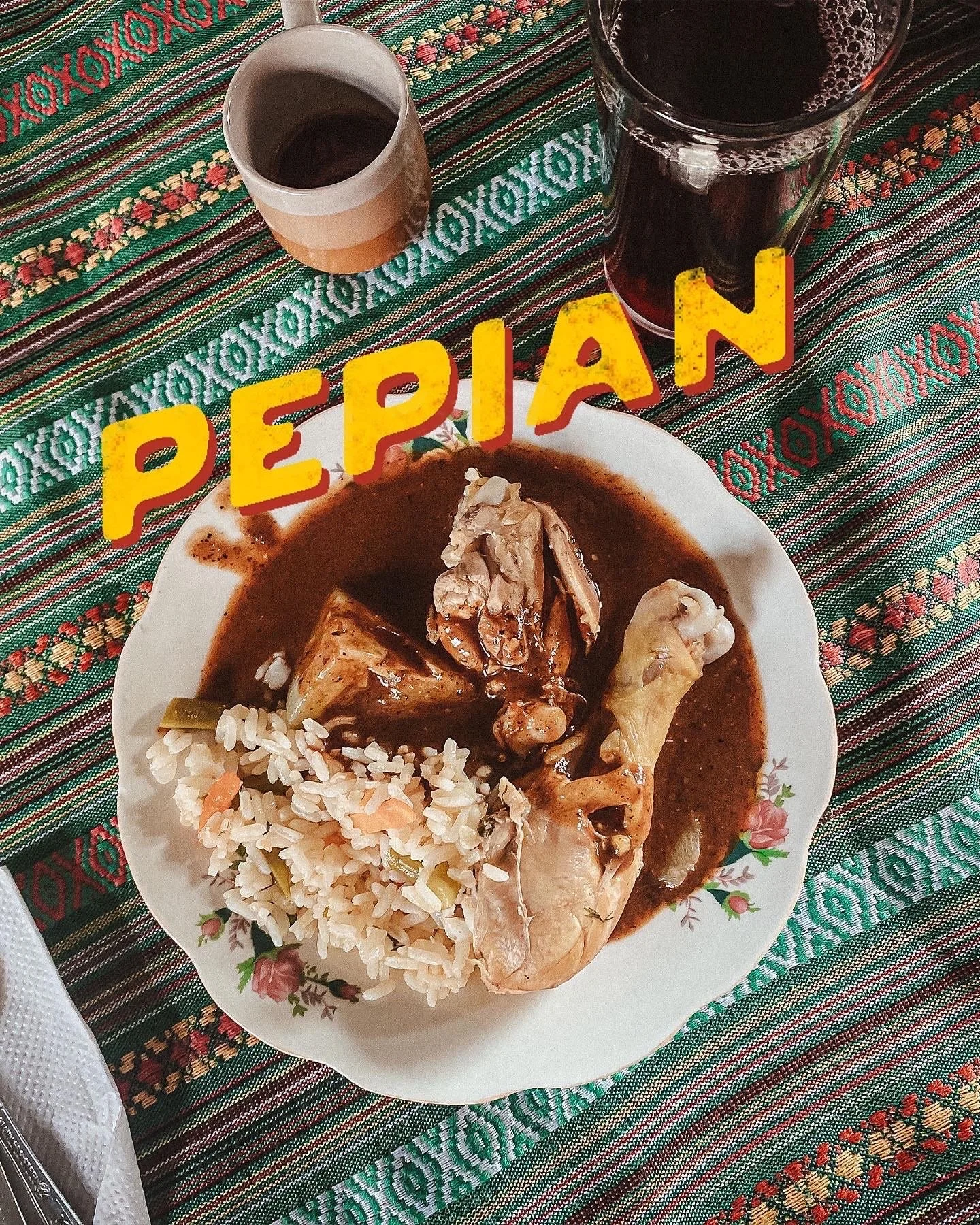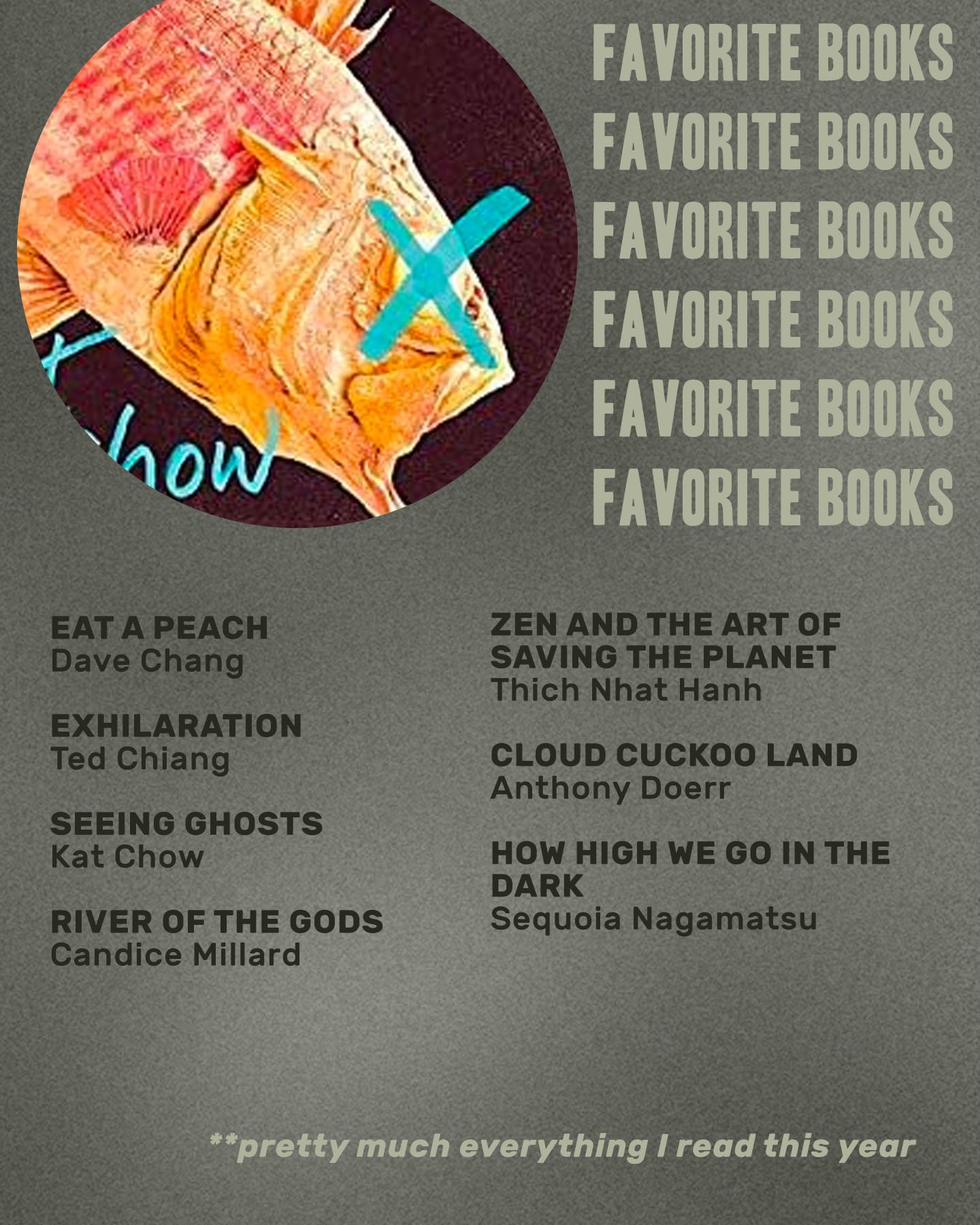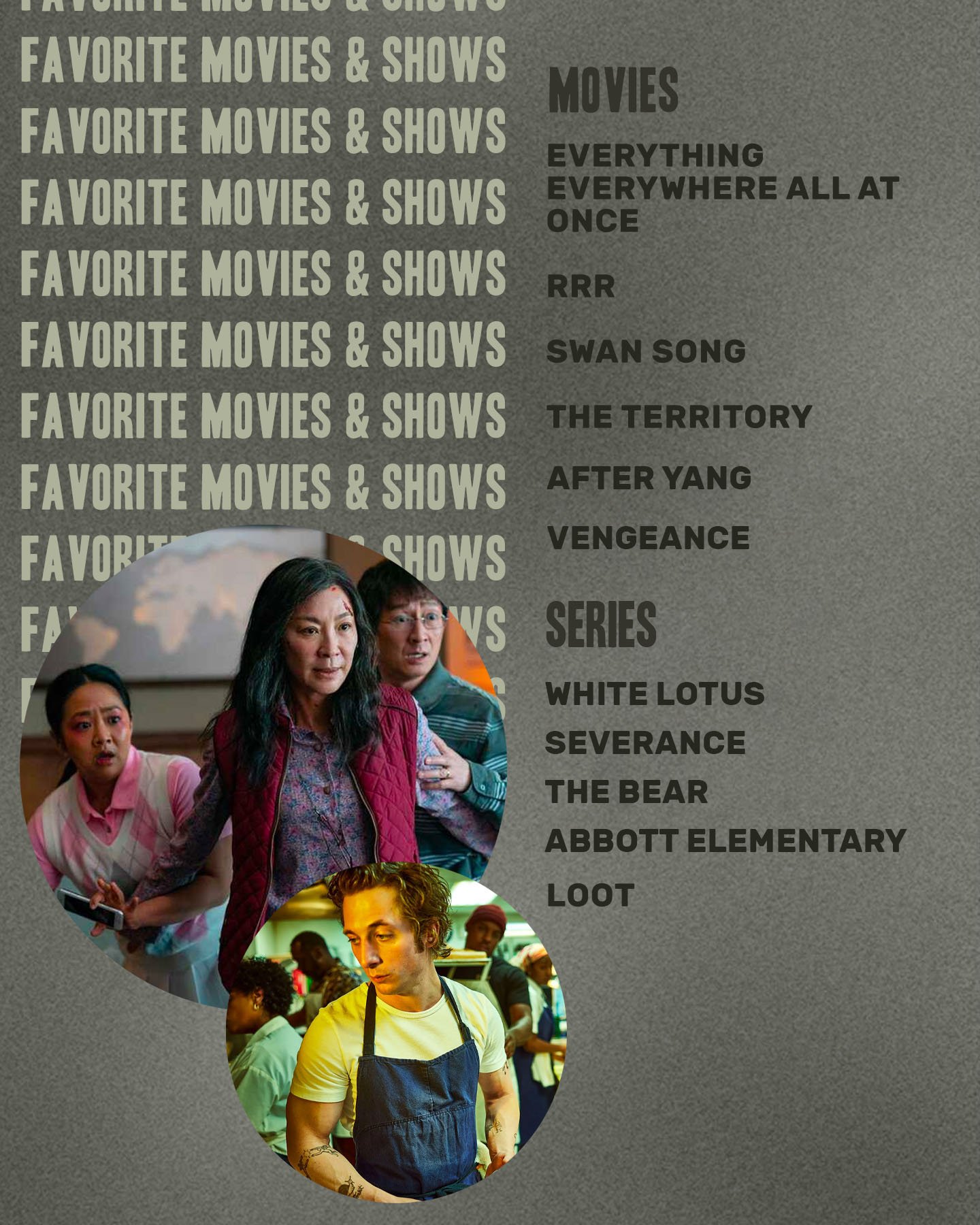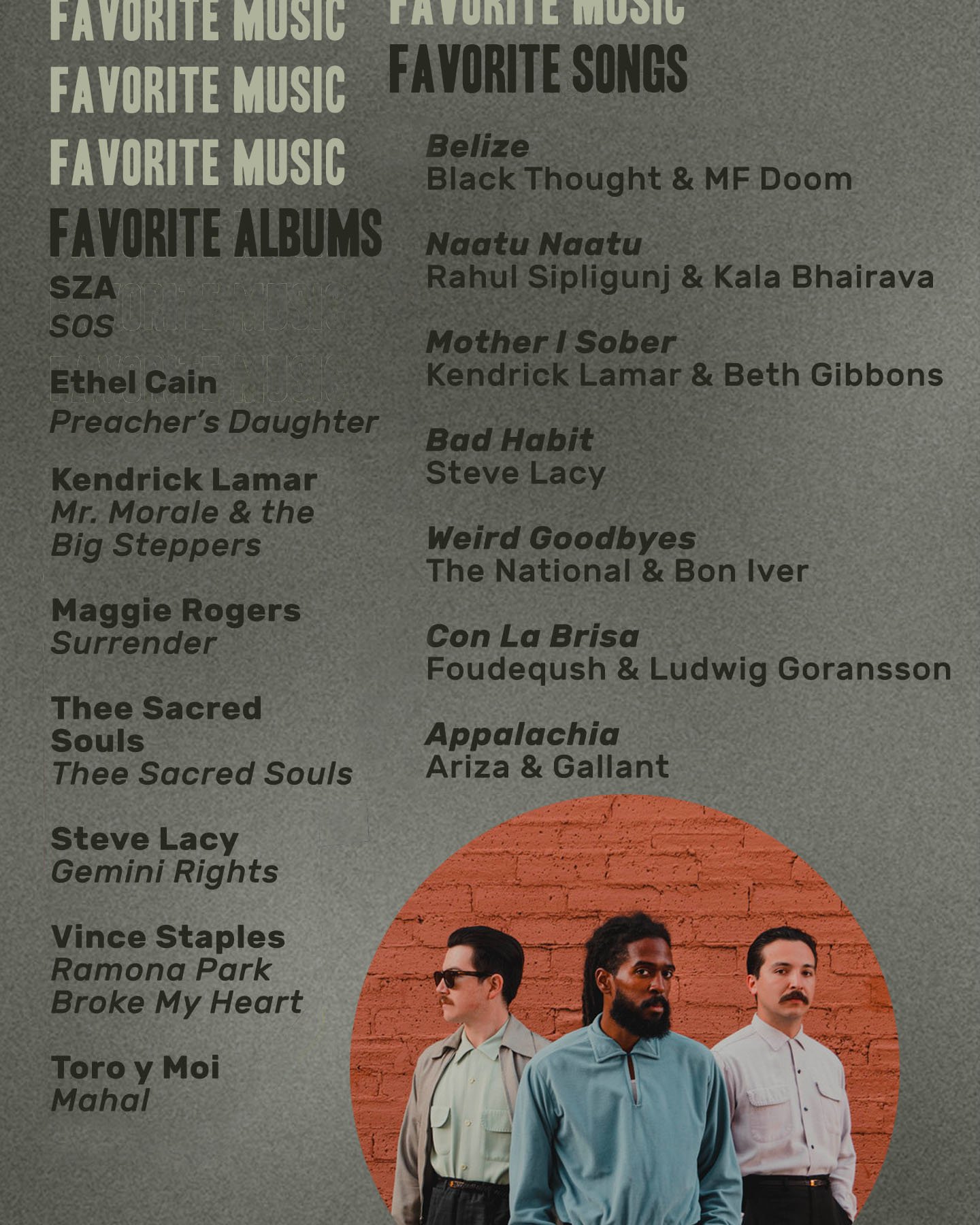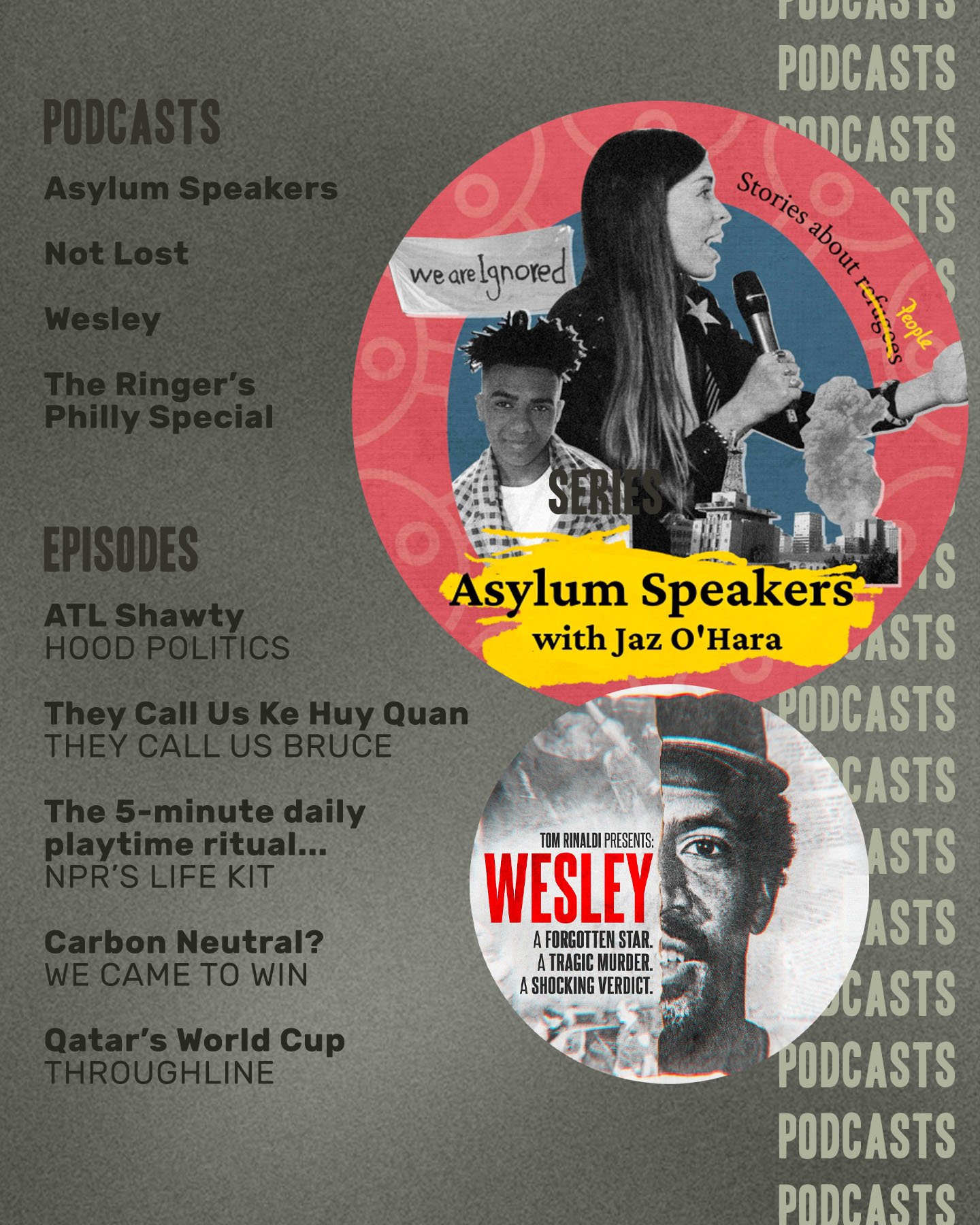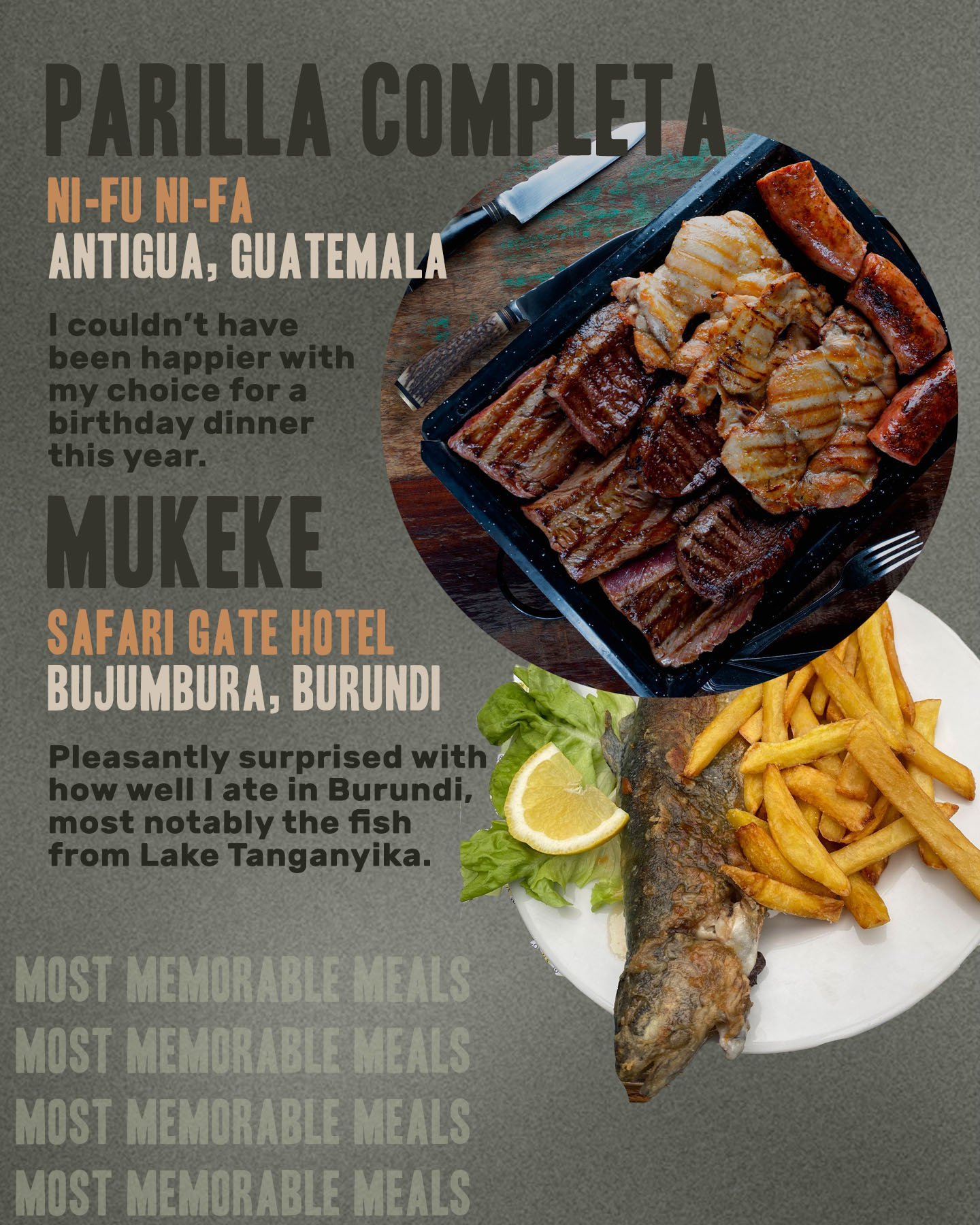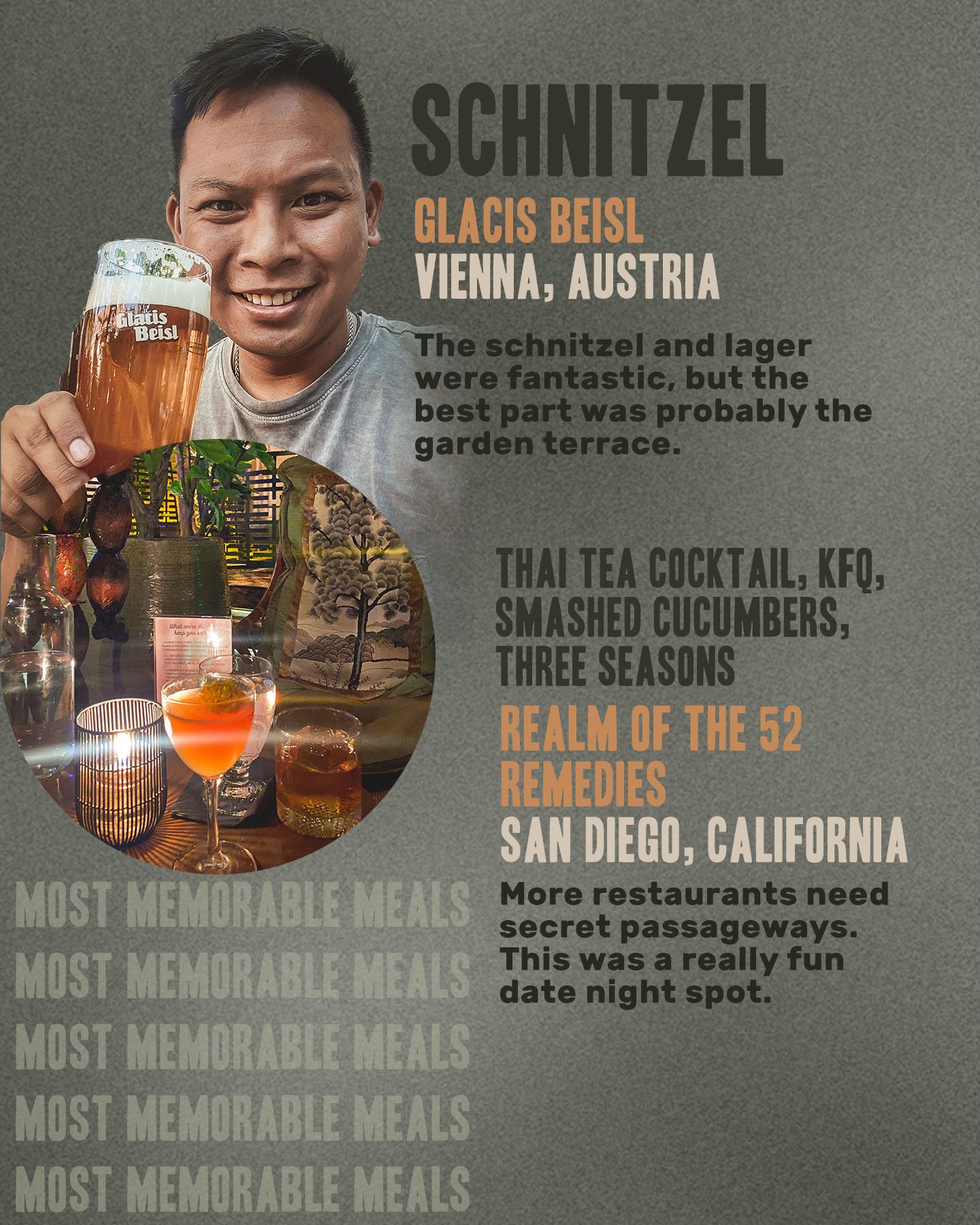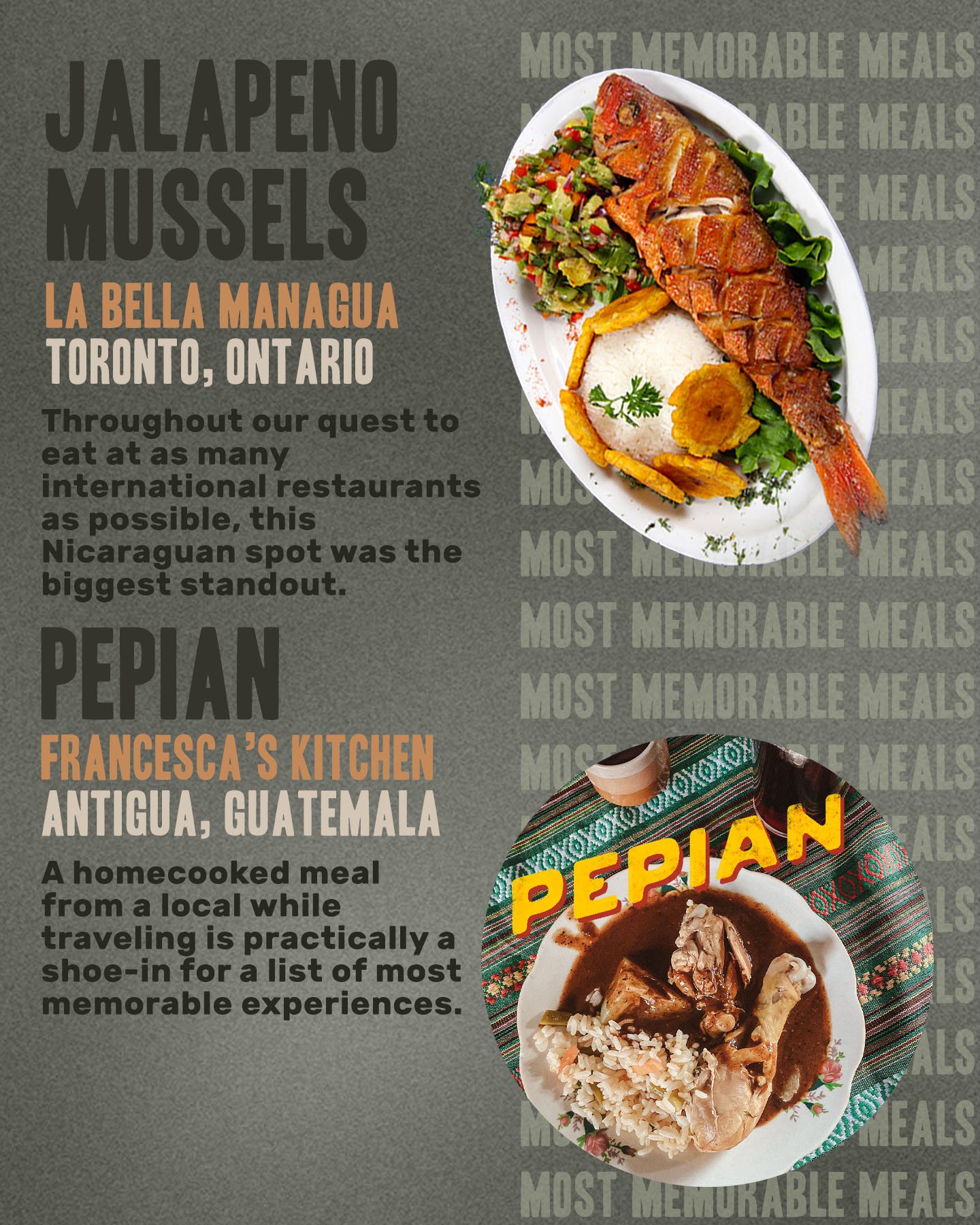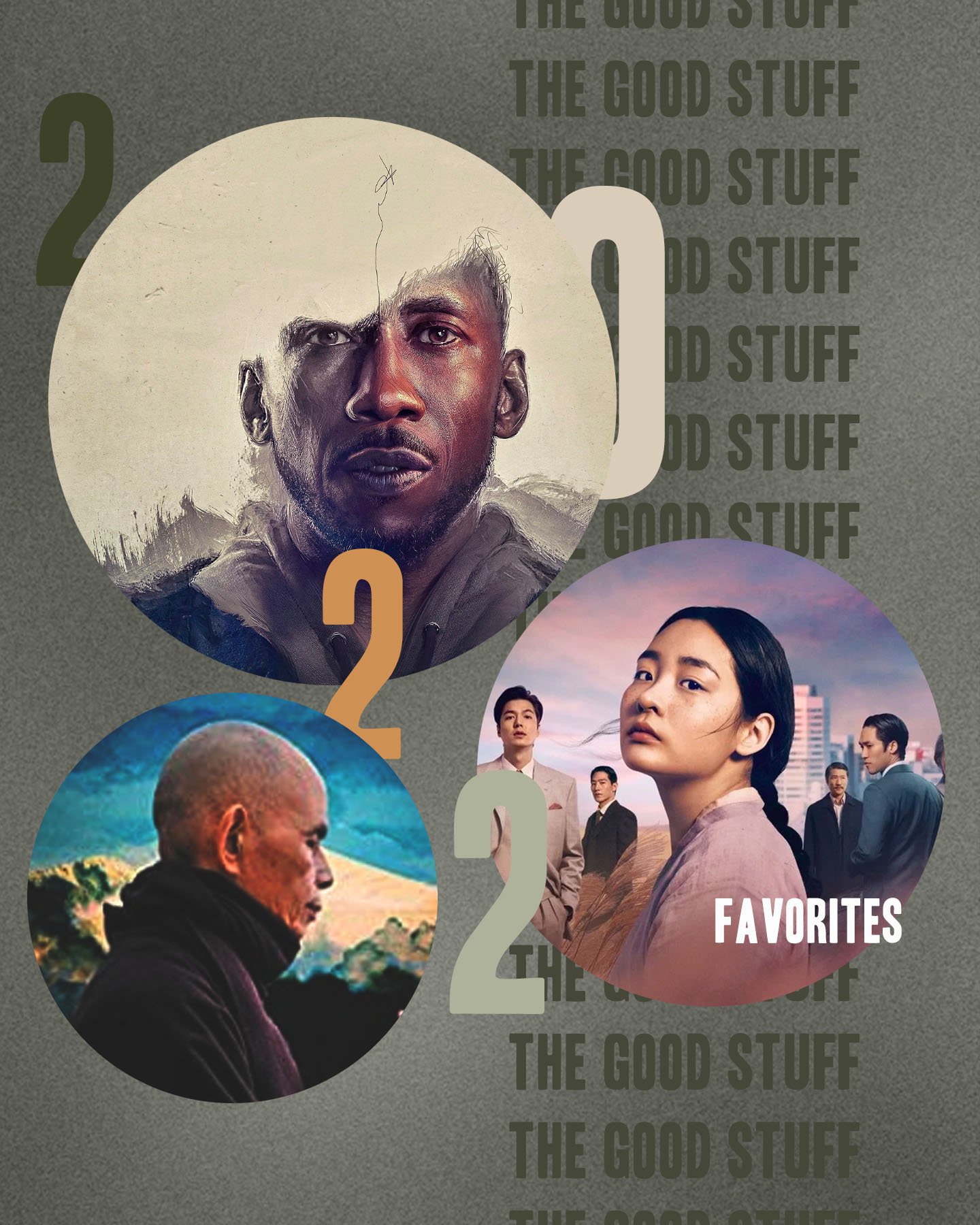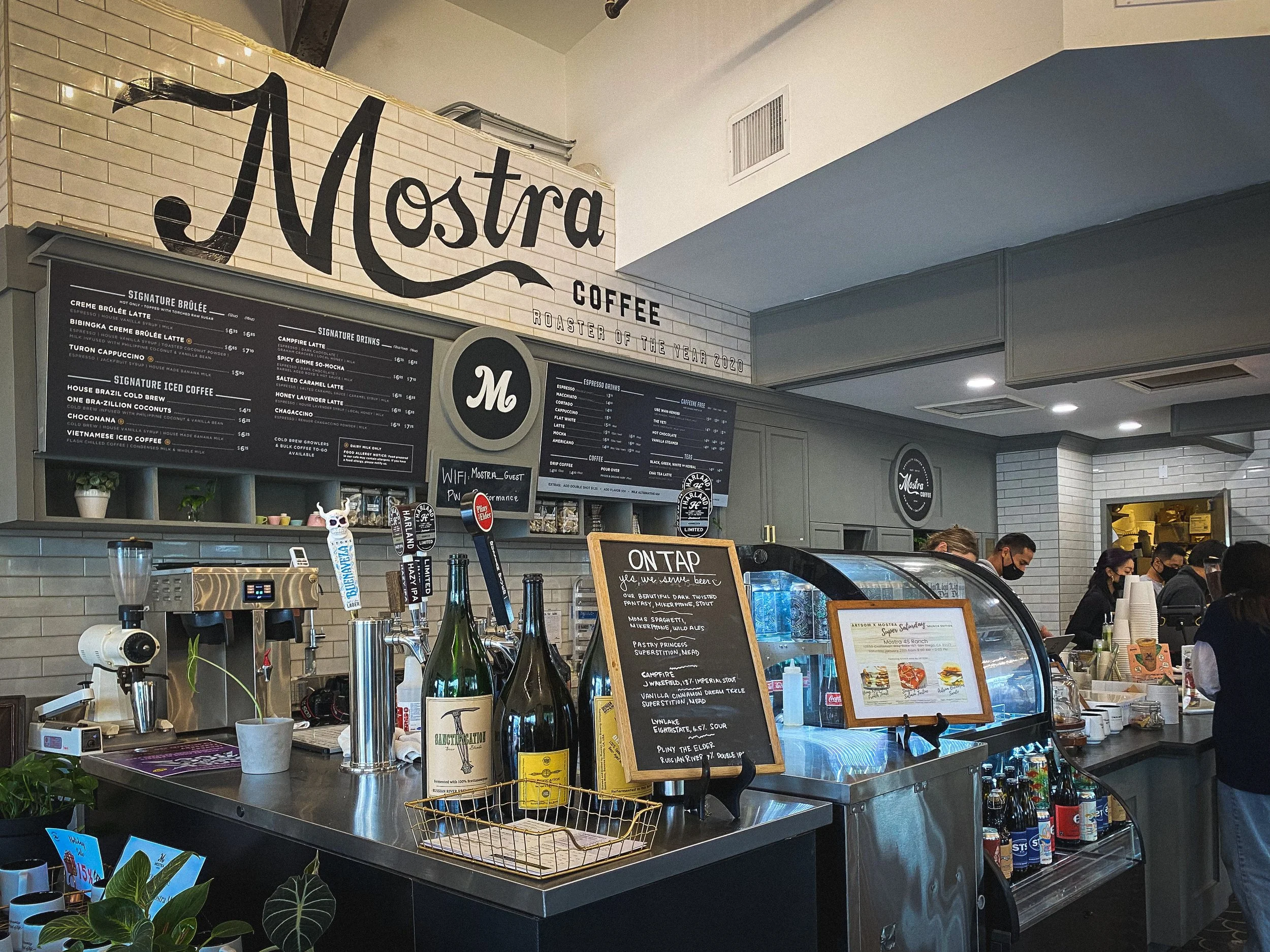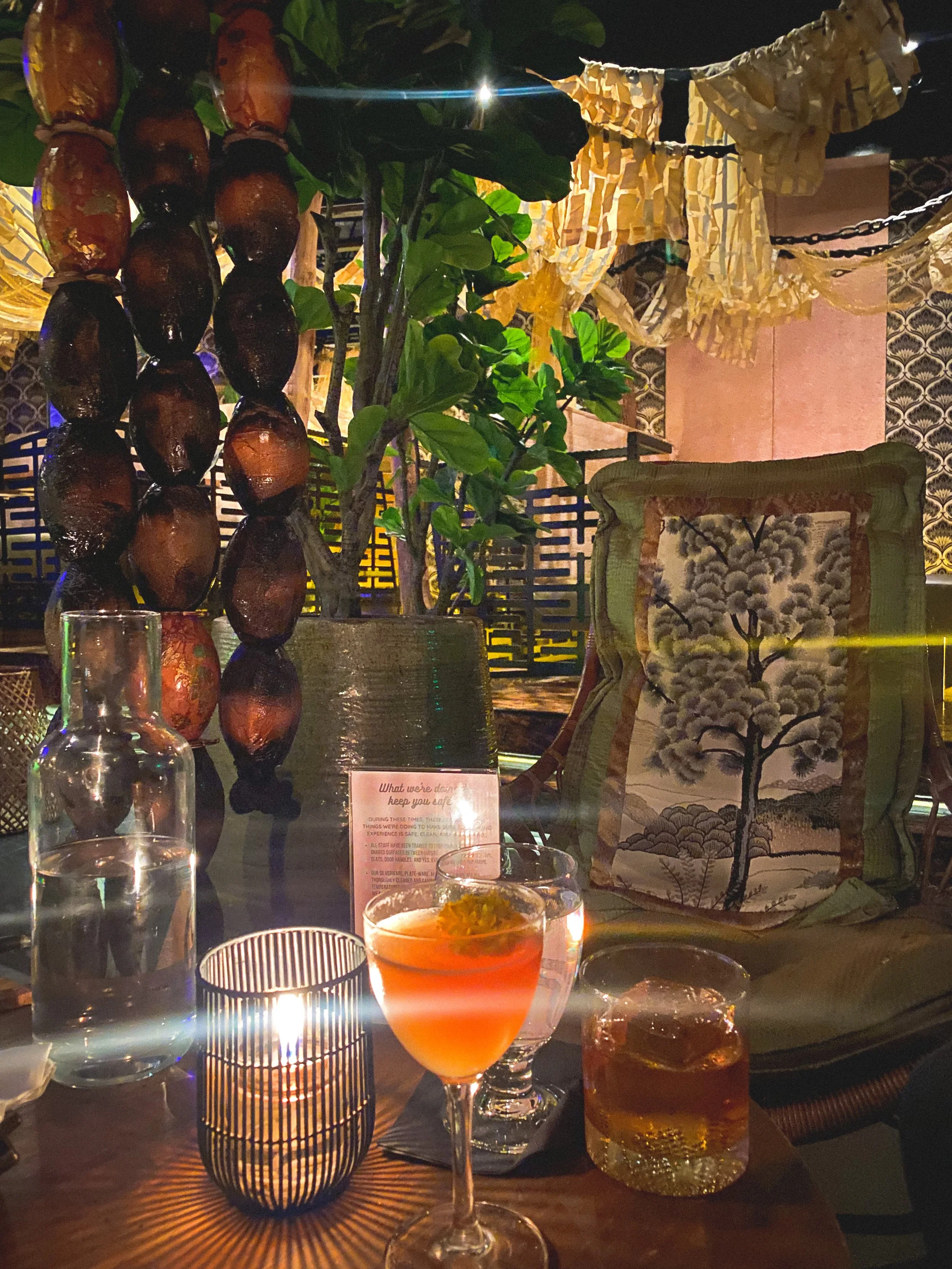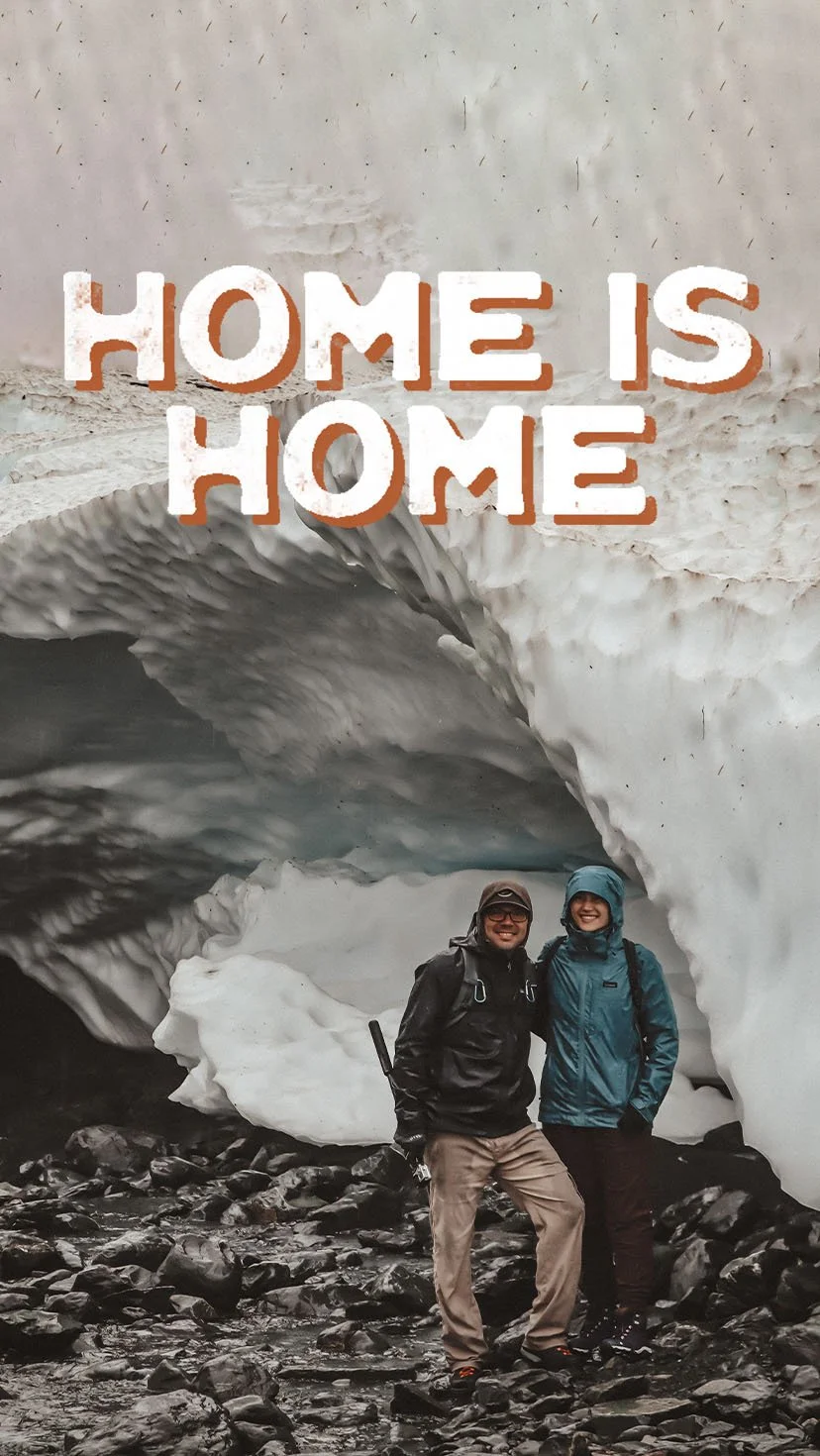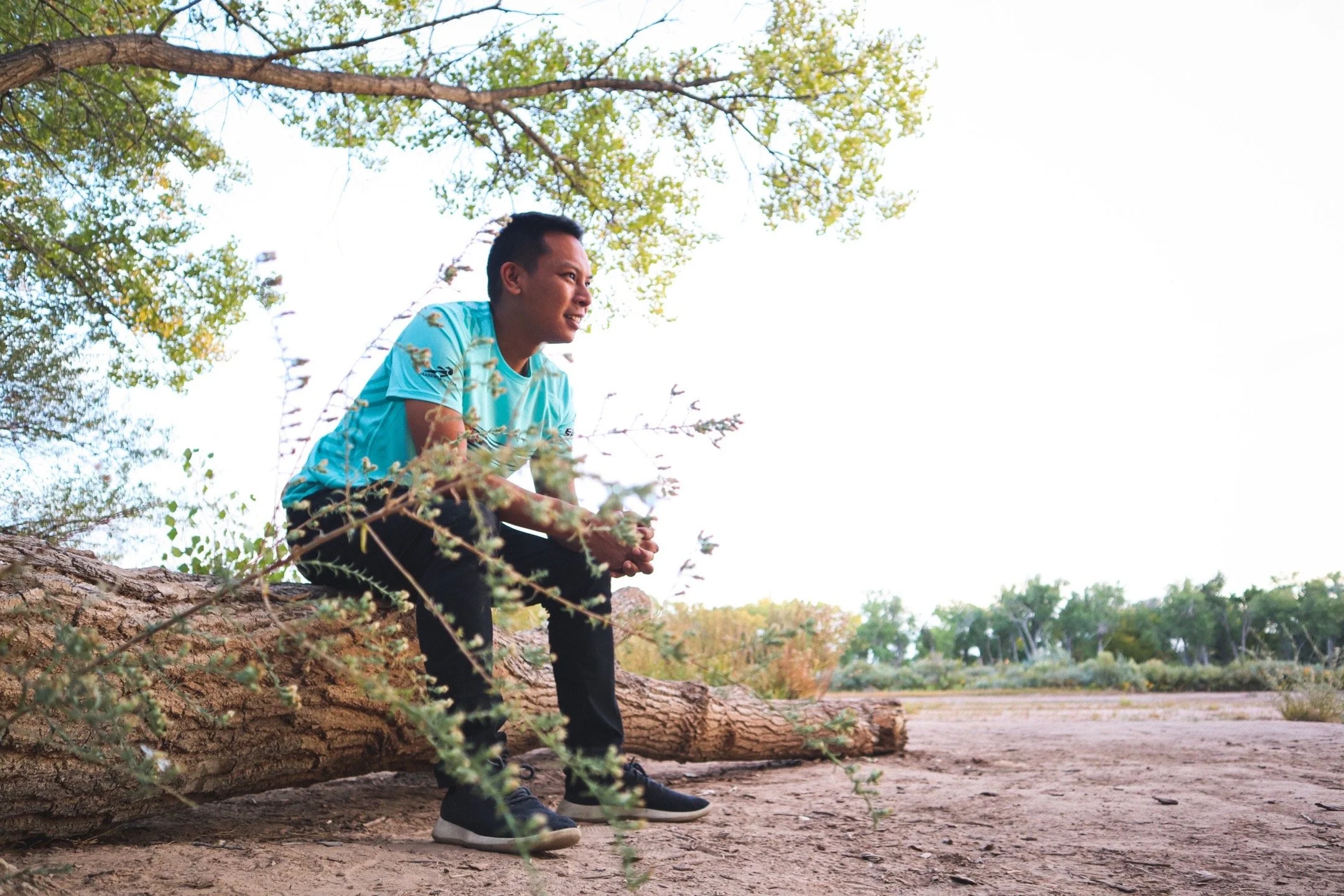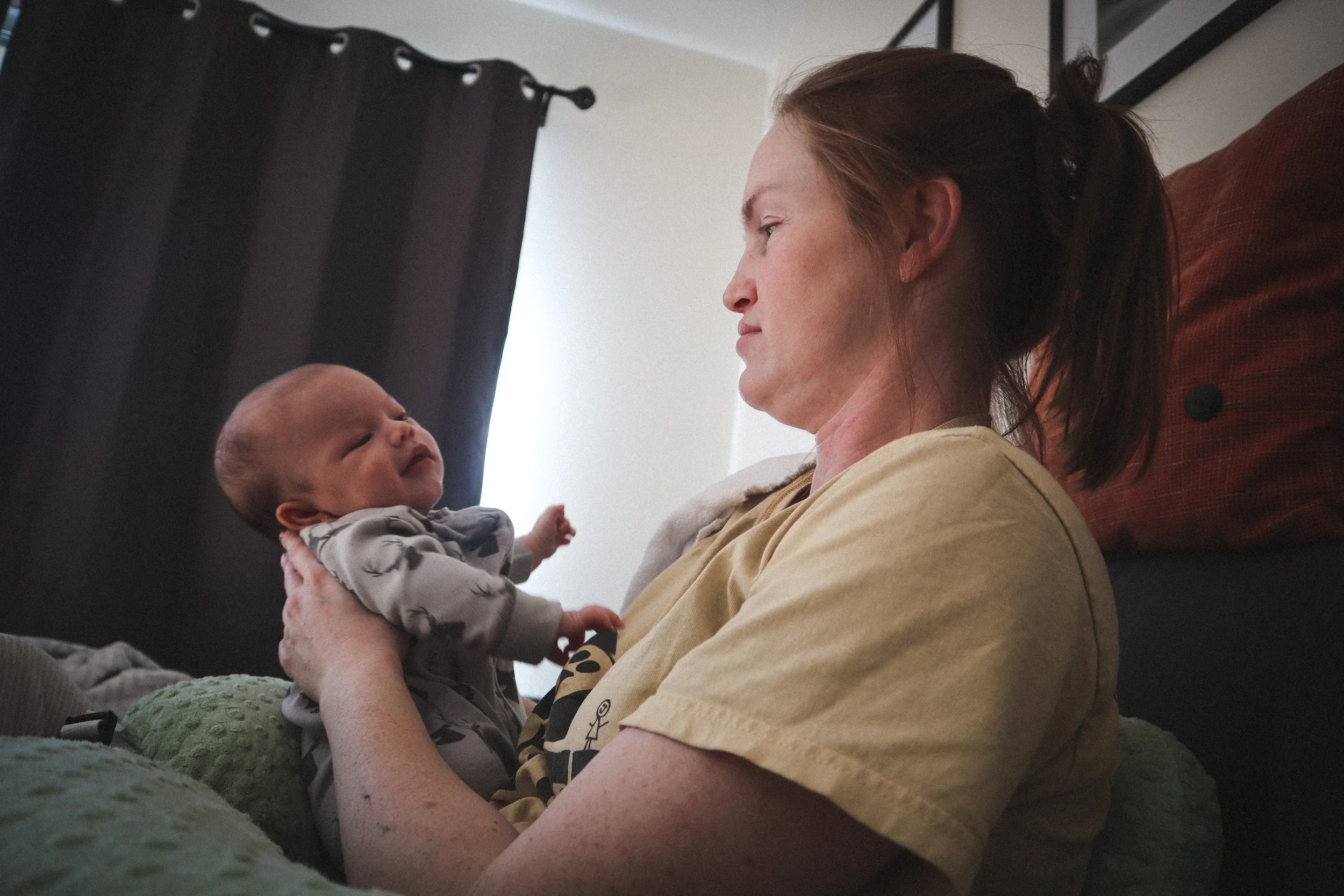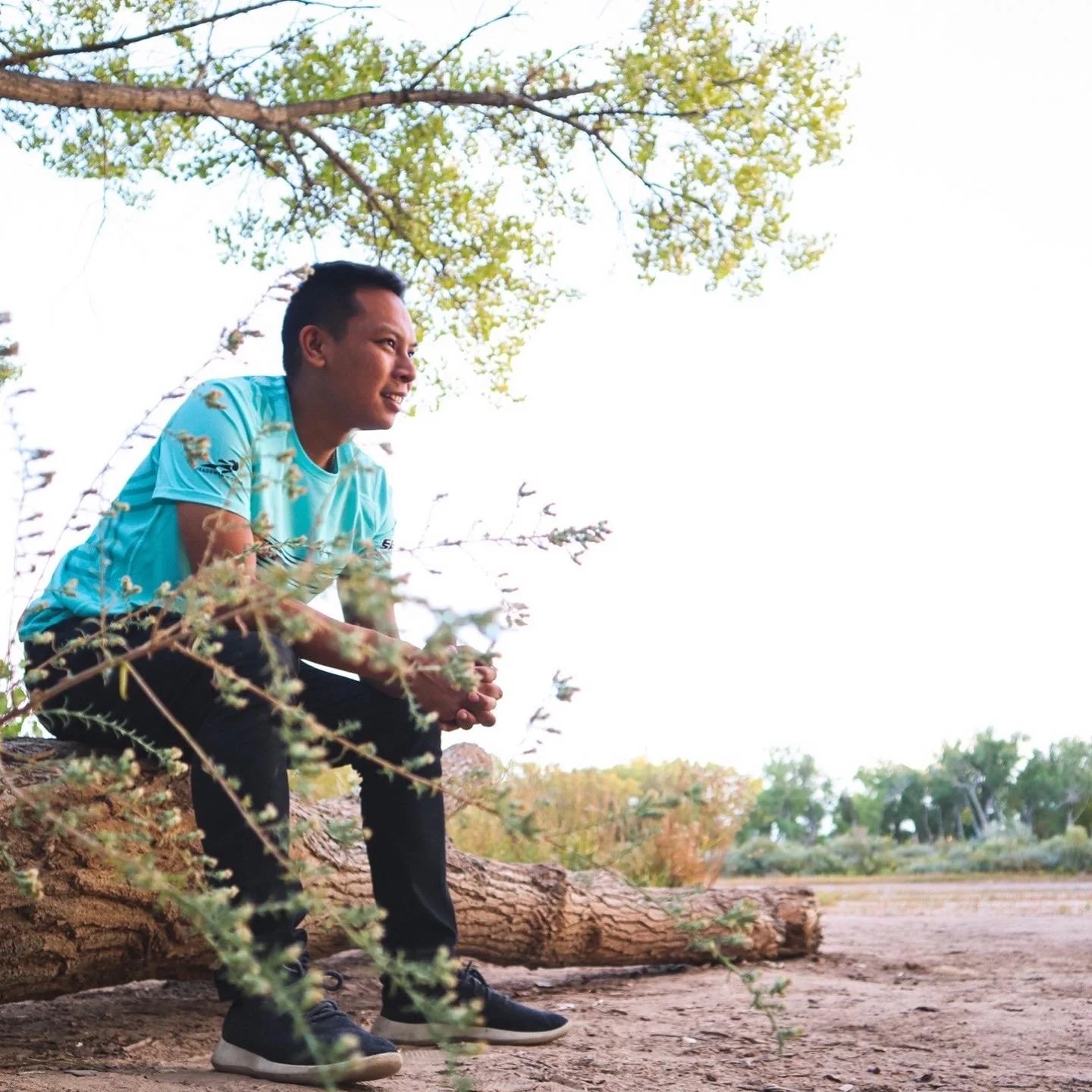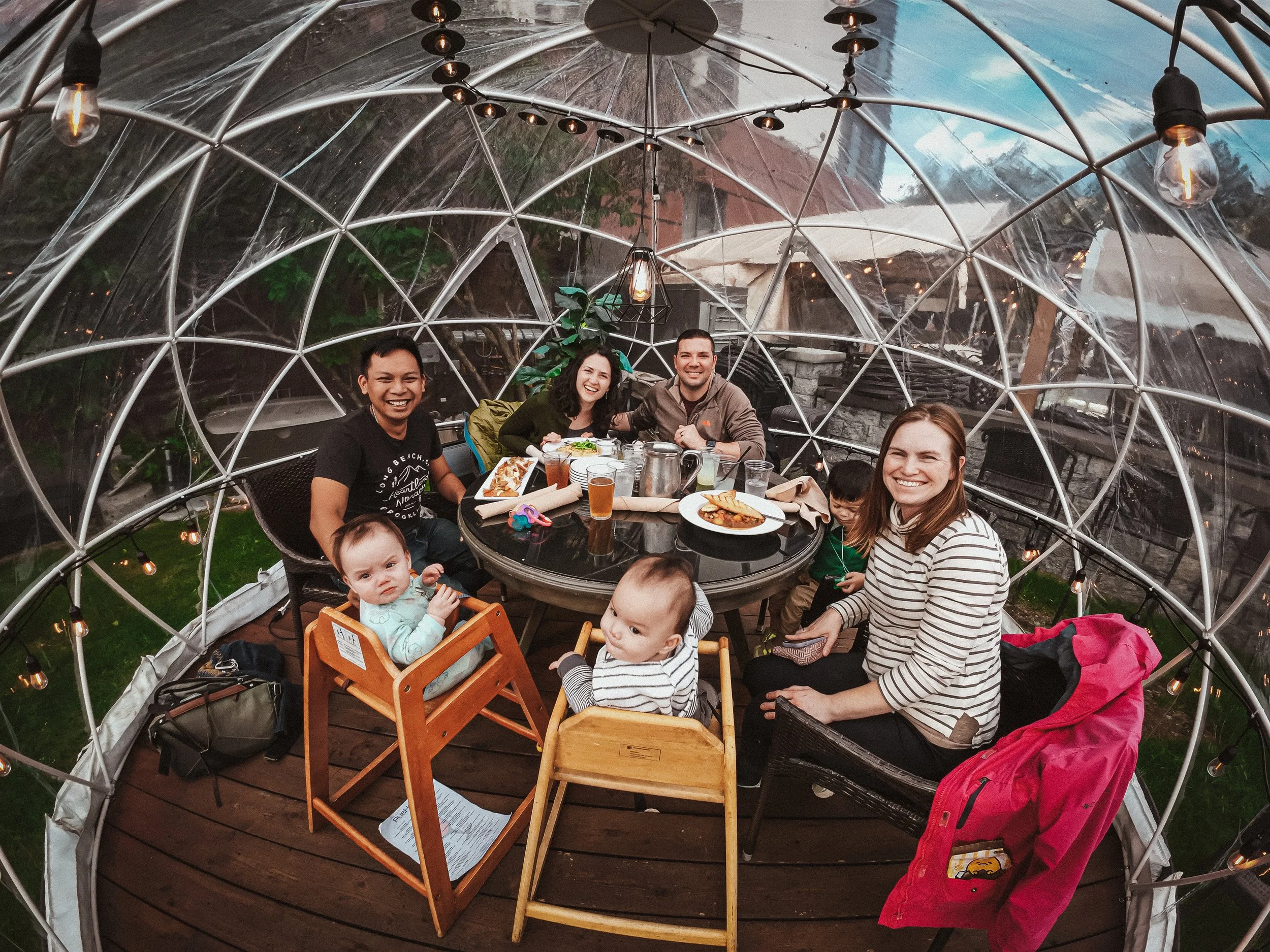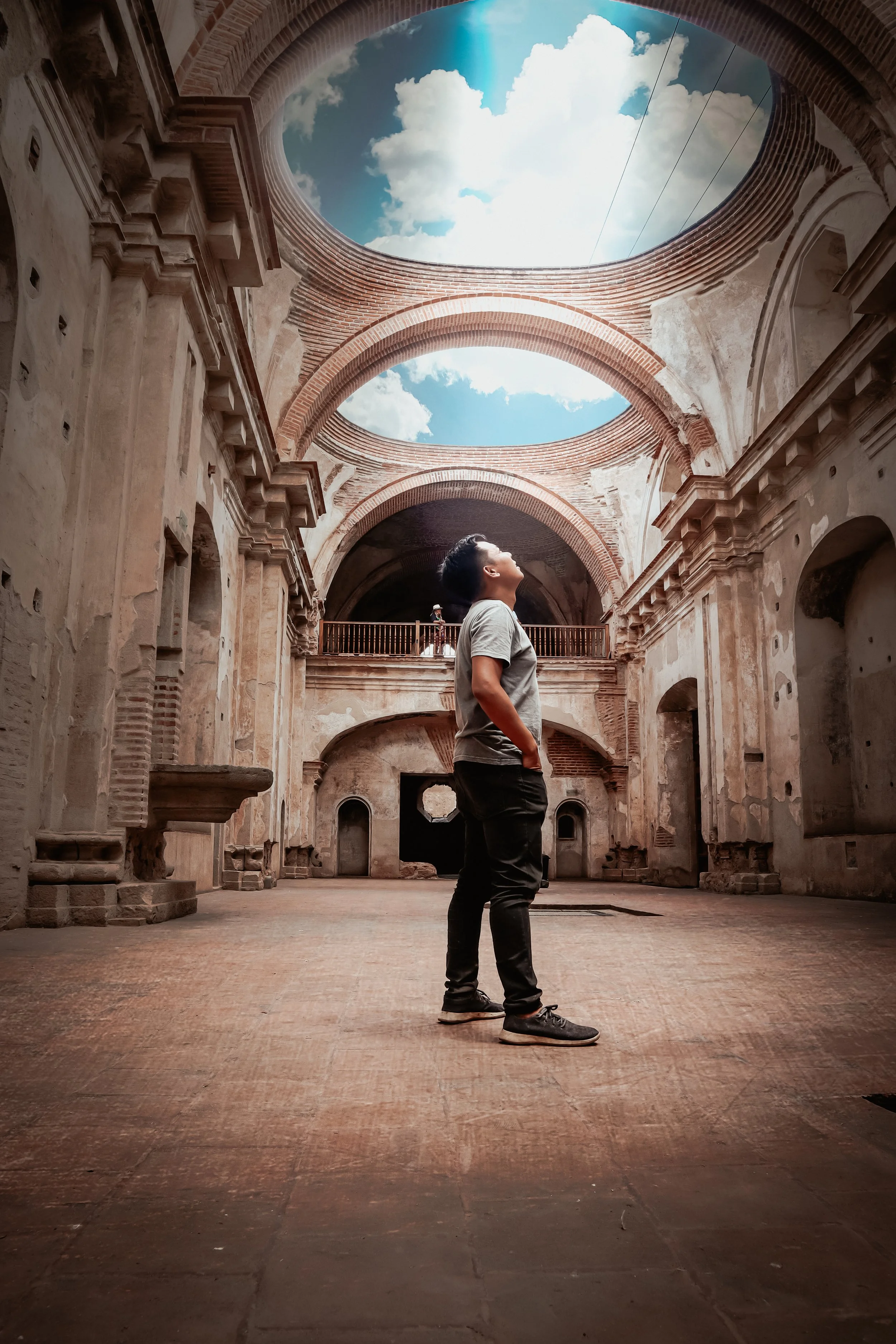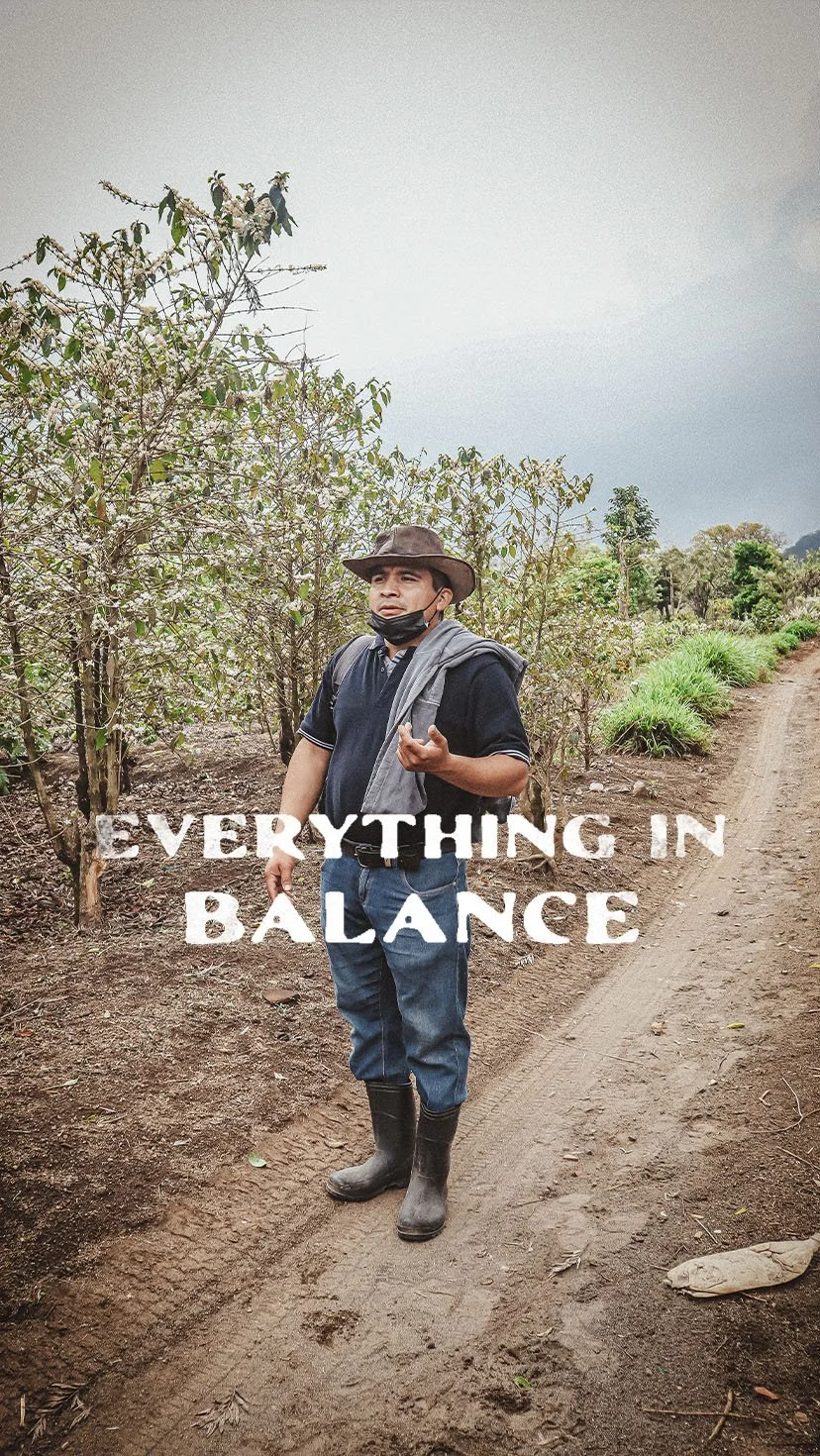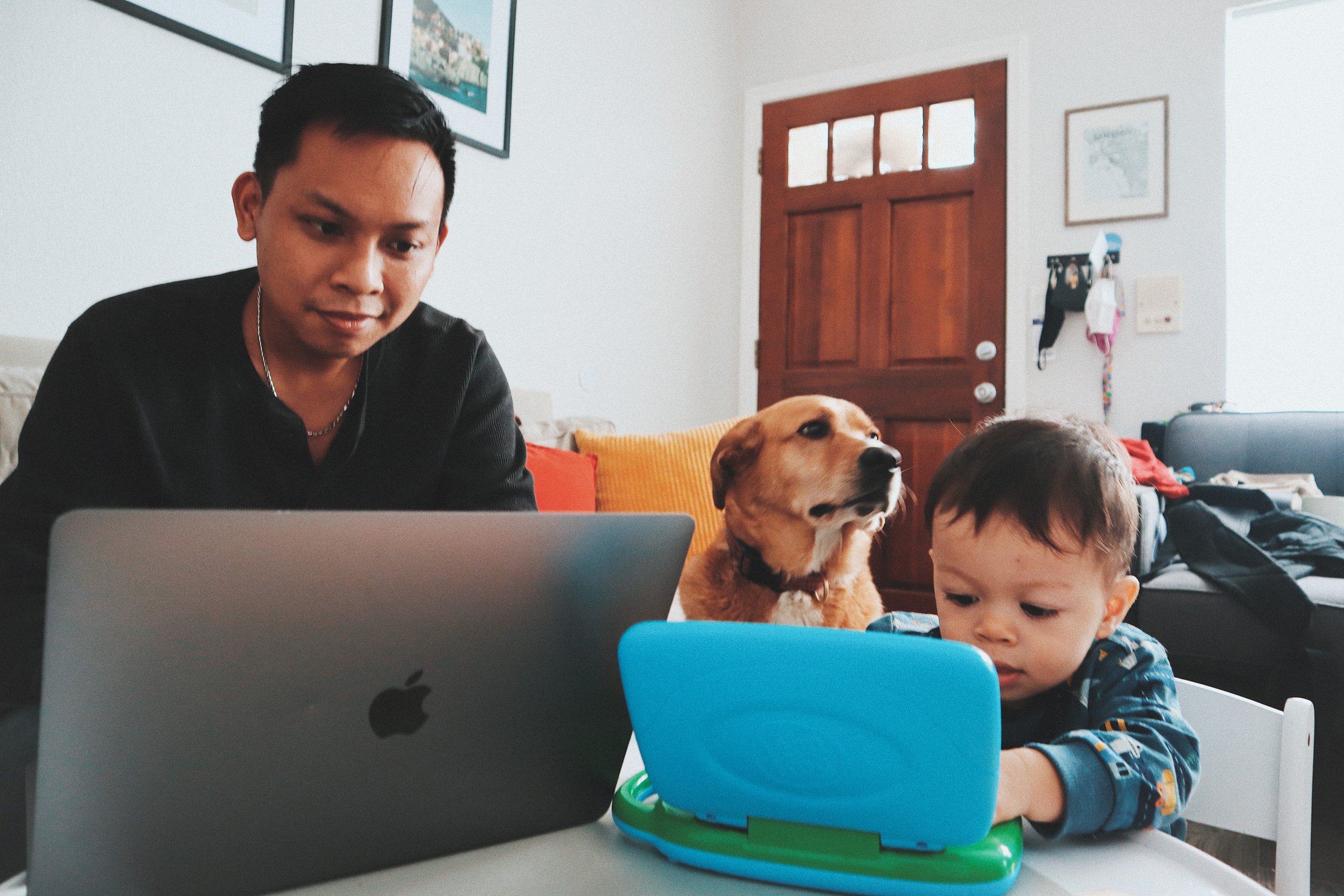Francesca’s tips on raising twins:
You have to be patient with the children.
You need to ask for help. You need other people.
I don’t know what it is about being a parent to twins, but you manage to find the other moms and dads of multiples. Even when you’re in a village in Guatemala, taking a cooking class.
Our class was hosted by Francesca. Her twins are now fully grown, but her memories of raising them at a time when her village lacked electricity and was much more impoverished were sharp. She talked about how hard it was to get up several times in the night to feed them by candlelight, or perhaps just by feel. She talked about asking her sister for help, and how things improved gradually. For her. For her village.
I asked her what her tips were on raising twins, and the two bits of advice were perfect. Patience and being willing to ask for help are not things that come naturally to me, but so many encounters in Guatemala drove home the same message: go ahead and face those challenges, you’re not alone.
Making Pepian
One thing I’m going to seek out a lot more often when I travel are cooking classes taught by locals… Here’s why.
It’s not so much that I want to become an incredible chef, though that’d be cool. But people really open up while preparing food. And it’s a great way to meet somebody in a place I’m visiting and learn about their life.
When I tried doing this in Guatemala, I learned how to make pepian. We brought two five-month-old babies with us, though, so it wasn’t so much a cooking lesson as a demonstration. But as we watched Francesca pound peppers into mole and chop vegetables for the stew, she opened up about raising her own twins in Guatemala during the 1970s. Rough, without electricity in her village, but over time things have gotten steadily better… to the point where we could prepare this feast.
It’s wild how many times I’ve gone to remote parts of the world only to find bits of my own story reflected back at me. This has happened so many times.
2022 Favorites
I have a lot of fun making these lists and reading other people’s.
Some random observations:
▶️ A few of these stories included very similar scenes of people living on a spaceship on a multi-generational journey to populate some distant planet: Cloud Cuckoo Land, How High We Go In The Dark, Station Eleven (which made it on to the very end of last year’s roundup).
▶️ Swan Song and After Yang had such similar themes around memory, loss, and what bits of life make us who we are.
▶️ Some really good eats this year, mostly thanks to being able to travel a bit more than the previous two.
▶️ I read so few books this year, for obvious reasons. I typically read in the neighborhood of 40 and books need their own post. Next year’s looking like a much better year to get back into it.
▶️ It felt like I watched more shows this year than I actually did, but White Lotus and Severance strike me as the most memorable, and the ones I look forward to seeing more of.
Home is Home
I’ve met so many other American travelers who tried to pass themselves off as Canadian. Or who introduce themselves as Californian, Washingtonian, etc… trying to disavow the baggage that comes with the national identity. Travel enough, and you’ll see it too.
I’ve always had a mixed reaction to seeing this, and I’ve never been able to explain why. Like, I get it. The U.S. does plenty to invite valid criticism, and you get tired of having all the other nationalities staying in your hostel explaining this to you as if you personally authorized the coup.
Meeting people from other countries, especially countries that have had particularly bad and oppressive regimes, have kind of changed how I see this. I’ve met people speak proudly of being Zimbabwean, speak critically of the dictatorship, then share their hopes, worries, and what they were doing to create change. Their commitment to action didn’t come from distancing themselves from their national identity, but from refusing to surrender it to those who used it to harm others.
I know it’s a complicated thing, but I do think having a sense of belonging to a place and people is a good starting ground for positive change.
Shorter Cycles
If you live a typical human lifespan, it’s easy to think that you have decades left. But even if we get to grow very old, life as we know it right now has a shorter shelf life. People, places, routines change like there are stagehands in all black sneaking away set pieces and rolling in others. Can’t take those for granted.
Several years ago, the internet went wild over a claim that your body’s cells replace themselves every seven years. The science on that isn’t quite precise, but it doesn’t need to be to make the point that a few years can change nearly everything. In my life, I’ve found it only takes two years for life to start looking really, really different. Two years for its plot lines to resolve and morph, for characters to enter and exit, for entire settings to shift.
In order to live every day like it’s your last, you don’t need to imagine all these scenarios of sudden death. Just accept the fact that life constantly rearranges.
This weekend, I’ve been watching my kids play, blown away by their curiosity and spirit. So much personality has emerged in the past year, and it’s kind of a sobering thought to think that at the end of this year, in many ways they’ll be different kids than the ones I have now. This version of my life will be replaced with something else. But it was also a fun weekend, just getting to play the way they play and put all other thoughts on the shelf.
If I make it to the end of this year and look back on a year that went slowly, where I was able to take it all in, that'll be good enough.
2022
What a ride, 2022! This past year was a really challenging one, but I’m glad I kept showing up for all the good.
Having three kids in two years is how you dive right into the deep end of fatherhood. Each day is full of nonstop problem solving, responding to needs, and adapting to curveballs. I’m still learning a lot on the fly, but I’m proud of the life I’ve been able to give these bambini, and I think they’re three incredible humans.
I also started learning how to integrate my priority: being a dad; with my passions: travel, adventures, climate, storytelling. Still so much to learn! But I managed a couple great international storytelling trips, saw my 50th State, and even brought the kids to Guatemala. Somehow I made my way to four continents, this year of all years! I’m far from done figuring out how to get this all work together, but I’m pretty lucky to be in this position.
One other thing I’m proud of this year: my @creativemorningssd talk! I still buzz thinking about that day. The opportunity invited me to think about my life’s journey and some recurring themes and messages. The one that most clearly emerged is that there’s always more to the story… a call to see people and places with depth and wonder, and your own life with a hopeful curiosity.
This was a year where I also got to live out so many dreams: a big family, travel, creative opportunities. I also got to face the challenge of making it all fit. Happy I’m here for it.
2022: Recap
2022 was the year of chaotic good.
The year that will forever be remembered by the phrase “three kids under three.”
The year where doing what I love and being with those I loved clashed the most.
The year I wandered the streets of Vienna at night, missing what it was like to have big, late night talks with friends more often.
The year I learned to simultaneously celebrate and mourn the fact that my life ain’t just mine, anymore.
The year a 59 year old Guatemalan mom taught me how to prepare pepian, then taught me from her own experience raising twins that you just gotta ask for help sometimes.
The year the Phillies and Argentina served up the best couple months of sports I could’ve imagined.
The year I actually started to recognize the early signs of burnout.
The year I rediscovered my love of biryani, Ethiopian coffee, and movies on planes.
The year I got to share my story on stage, and in the process of preparing that talk, gained a more robust appreciation for all the ‘impossible’ things I’ve managed to do in life.
The year of hospitality set to the sound of thundering drum beats in Burundi.
The year a Bengali man lit a betel leaf on fire and put it into my mouth; the most unique snack I’ve had in a long while.
The year I learned $30 worth of food in Toronto’s Chinatown is a lot in one evening.
The year I visited my 50th state.
This was the year where simply getting to leave the house was a tremendous obstacle, and yet we made our way to four continents and countless adventures.
It’s a beautiful year to build off of, and I have a pretty good feeling about 2023 as well.
Everything in Balance
I’ve had a decent understanding of soil health, built up over time by visiting farm after farm and talking to farmers. But seeing somebody actively maintain the balance needed for truly healthy soil by influencing shade and heat and moisture and sun exposure makes you realize that it’s just as much art as it is science. That it’s both a technical skill and one that benefits from intuitive wisdom.
I’ve never been a detail obsessed coffee connoisseur, but I’ve definitely grown a lot more interested in discerning flavor profiles. I respect how it’s always a reflection of the delicate balance of the land where it was grown.
Global Groceries: Alaska
Food
in Alaska
is expensiveeeeee.
I heard this claim so many times, that when I got to Alaska, one of the places I wanted to visit the most was an ordinary grocery store to see the sticker shock. Items were definitely marked up here and there, $6 for one of two options for milk. $9 for basically any condiment.
Still, I was anticipating a bit worse. I imagine I might’ve seen it if I started shopping in a more rural part of the state, rather than just outside Anchorage.
Among other things, I ended up taking home a very large slab of salmon for about $45, the salmon being large enough to feed four adults. And it was the richest, tastiest salmon I’ve eve had.
Tapping the Spacebar
I love working from home. I love not spending all that time in the car, and I like being around my kids more. It more than offsets the occasional week I might have to spend in Mexico or Africa. I can go hang out with them for five minutes as a transition, or help out if needed in a pinch. They’ve never known anything else.
But Rhys has been doing this thing lately where he goes up to me and says “I want to do your work.” Then he’ll sit on my lap and poke at the space bar or trackpad until I have to intervene and make sure he doesn’t send every coworker and client a folder of stupid selfies.
His impression is that I tap a spacebar for hours on end. He doesn’t even really understand money or know that I get paid for this. So apparently I sit at a desk and just tap a spacebar for hours just for kicks. He does a good job of not judging me for what it looks like, but it does make me think about what my life looks like from my kids’ POV.
Specifically, it makes me think about a couple parts of Brad Montague’s book: how most kids are under the impression that being grown up equates to being busy, tired, and in a hurry most of the time. I know my strategy will have to shift on an age-by-age basis, but one of my overarching goals as a parent is to avoid leaving my kids with the impression that I’m busy and tired all the time.
In the meantime, I might take my work to coffee shops a bit more often.
A Burundian Welcome
There’s nothing quite like being welcomed with unbridled East African enthusiasm.
I really mean that. I’ve experienced this a few times now: walking into a village only to be met with makeshift drumbeats, songs, claps, ululation, and palm fronds. It’s an unbelievably life-giving experience.
To show somebody ‘welcome’ or ‘karibu’ in Swahili isn’t just a formality. It’s fully celebrating their presence. Their existence.
I know so many people go through life feeling unseen. I think we should at least be open to trying to show people over-the-top enthusiasm over the fact that they exist.
Life Beyond Platforms
There’s a lot being said these days about *the social platforms* and the way they’re just not what they used to be.
Social media has played a very big role in allowing me to do what I do- tell stories, promote causes and solutions, and engage my curiosity. But there’s no denying that sharing ideas and stories via the usual sites has gotten a lot less fun and rewarding in recent months.
This has made me start asking… how do I keep doing what I love doing in a world where social media vanishes? I’ve encouraged a number of teams and makers to think along those lines too. Even if that doesn’t happen… the thought experiment is a good creative exercise.
Here’s what I’m doing:
📲 My newsletter. Switching to Substack for 2023. Email’s advantage over social is that it delivers everything so the good stuff doesn’t get buried. I miss the blog era circa 2010 and developing my own consciousness through writing. I’m optimistic about seeing some of those sparks again.
📽️ I’m going on Year Three of making YouTube videos and I love the stories I’ve been able to tell so far. This is one spot where I still have a lot of fun making stuff.
It’s not so easy anymore to do the simple task of sharing stuff you care about with people you care about. With people who’ll care. If you’ve read this far, I think that’s you. If you dig the stuff I make, or just me as a person doing stuff, please subscribe! I’ve put the links in my bio.
The Most Direct Trade
My favorite coffee that I have at home is from Angel in Guatemala.
I bought it from Angel directly. I handed him the cash, he handed over the bag. We were in his house. His face is the literal label of the bag. No middlemen were involved. This is as direct trade as you can get, so Angel gets 100% of the sale.
That’s important. Much of what Angel earns from his coffee farm enables him to seek physical therapy for his six year old daughter who is developing her ability to walk after being born 17 weeks premature.
It’s good coffee. Really good. But the story behind it is what makes it my favorite.
Coffee by Angel
Angel was showing me around his coffee farm in Guatemala, talking about how everything needed to be in balance- from the shade to the soil- in order to grow coffee beans just right.
It occurred to me that I was basically doing what I would do for work… exploring a farm, interviewing a farmer, learning about agriculture and sustainability… except I was in the middle of a two week vacation. And it was my birthday.
I guess I’m doing something right if the thing I do for a living is something I would also do for fun, on vacation, on my birthday.
Angel
This encounter captures everything I love about travel, storytelling, and connecting with people.
I wanted to tour some coffee farms in Guatemala, with it being such a coffee haven and all. I wound up on the volcanic hillside of San Miguel Escobar with Angel, a sixth generation coffee grower who’d been drinking the stuff since he was ten. (I’m Guatemalan, he joked with me. What height do I have to worry about?)
I learned a bit about coffee growing in Guatemala, a country whose farming population has endured decades of exploitative practices. But I learned even more about Angel.
He was my same age. And he was a twin dad. Sadly, his twins came early- at 23 weeks gestation. His son didn’t make it. To pay for his daughter’s treatment, he had to take a job working in a restaurant to be eligible for the social benefits.
Today, he sells his coffee to shops in the US, Canada, and Europe, and this helps him afford physical therapy for his daughter.
Juniper Turns One
Juniper Sweet.
Happy birthday, my girl.
💥🌳🍄
Juniper keeps me laughing. All our kids do, but I’m pretty sure Juniper knows what she’s doing when she’s being a total chaos muppet.
Hanging with J-Sweet means a lot of dancing while holding hands, hanging on tight while she tries to thrash around, and making thizz faces at each other.
Juniper showed us her deep curiosity almost right away, and that very quickly evolved into being a really outgoing free spirit. From instantaneously bonding with her ‘gal gang’ in Guatemala to wooing whoever sits around us in church… I know she’s going to be the kind of person who makes a really big impact on people, with both humor and depth.
Kai Turns One
Kai. Dot. Guy.
Happy birthday, dude. My rally cat!
💮🎏🐈
Whoever thought Deanna and I would have such a large baby? Kai fills out that frame with the sweetest vibes all the way down.
Over the past year, Kai has discovered his love for shredded cheese, greeting people with a huge smile, and pushing unreasonably large objects around the house like he’s in a Norwegian strongman competition. The Phillies hit at least a hundred points higher slugging when he’s being held during their at-bats, making him the official rally cat of the house.
In a house of perpetual chaos, Kai mostly keeps everyone anchored with his perpetually chill vibes. It’s definitely a trait I can see growing with him… loosening everybody up during overwhelming times with his strong, gentle spirit.
Eagle River Trail
This was easily the best smelling place I’ve ever been.
Pretty much everywhere in Alaska smells like a Christmas tree farm, but that seemed especially true on our hike around the Chugach State Park. The trees keep everything fresh, so much so that it felt like every breath I take should count double.
The Eagle River Trail has to be the most beautiful hike I’ve done this year.
If you’re the kind of person who finds comfort in the humbling awareness of being one small person in a much bigger world with endless things to explore, learn, and question… this is the sort of place that feels just right.
What's Good for Nature is Good for Culture
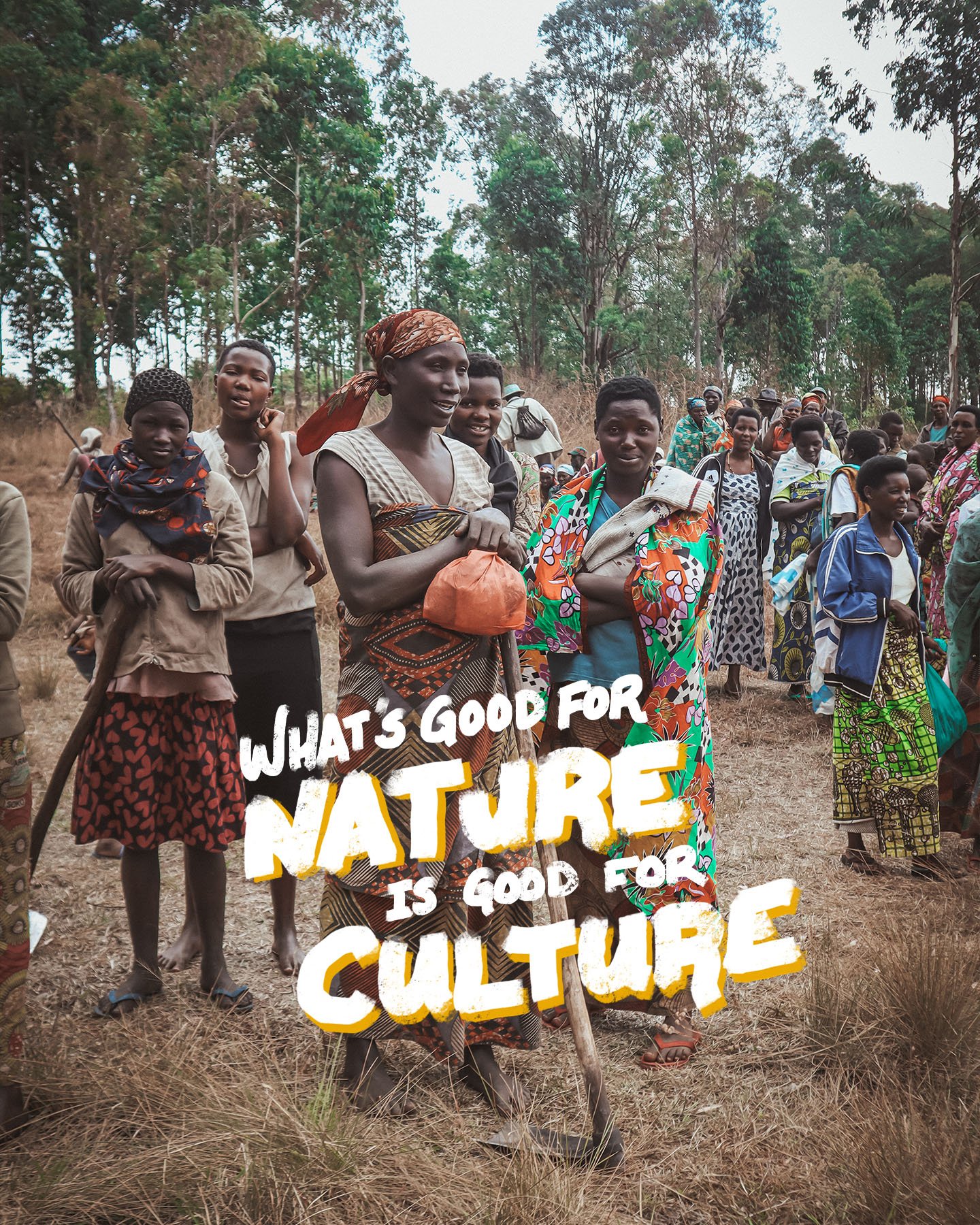
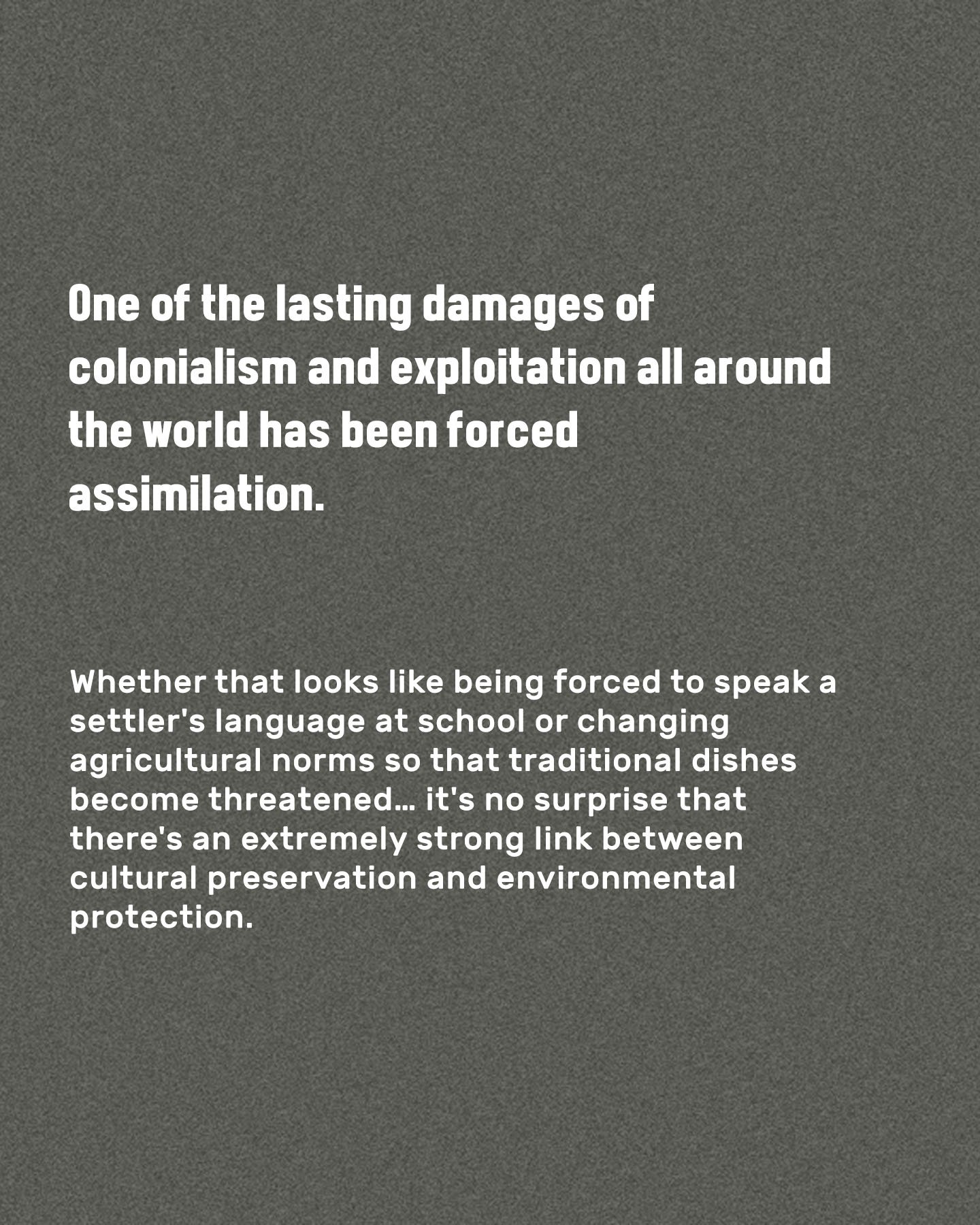
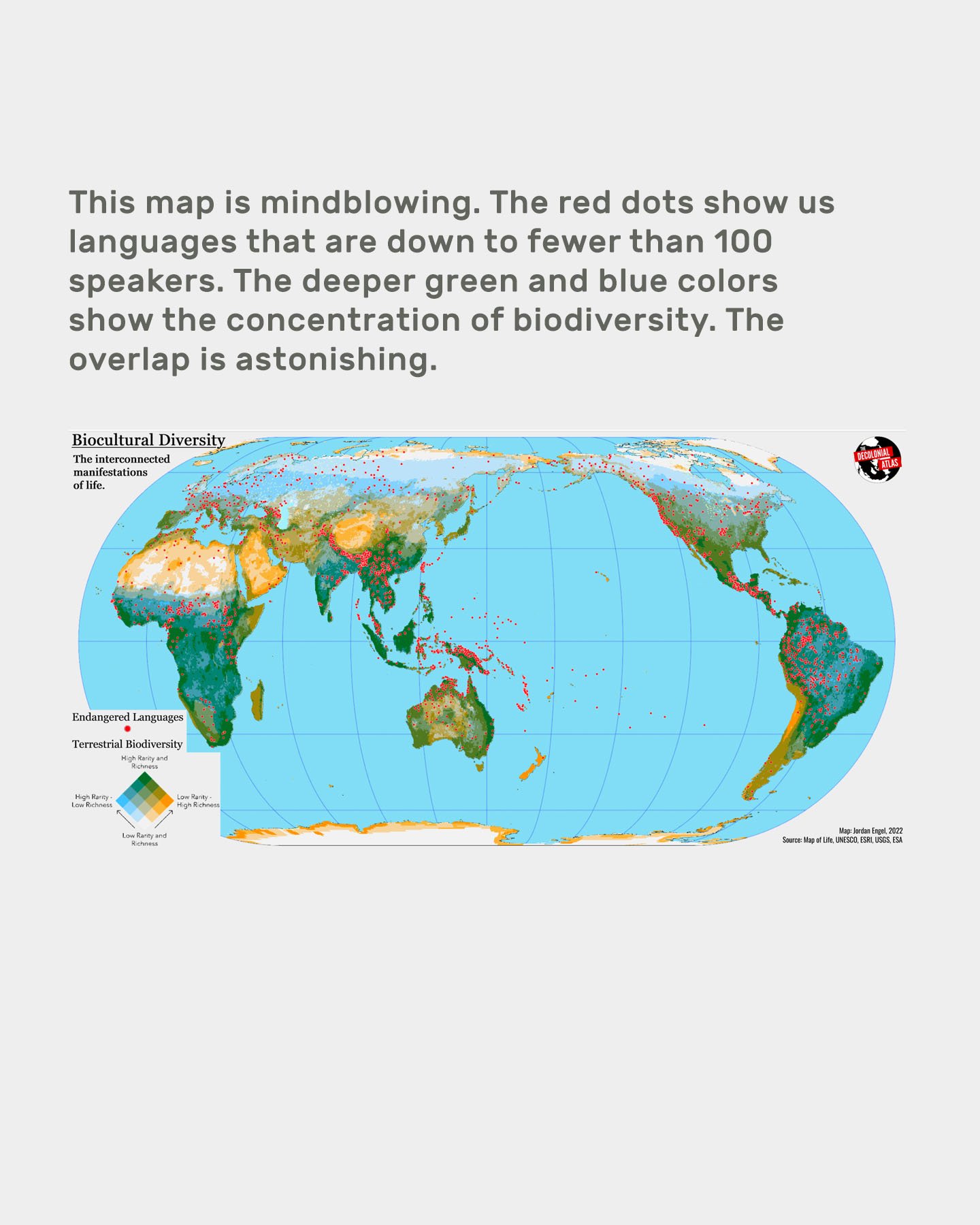
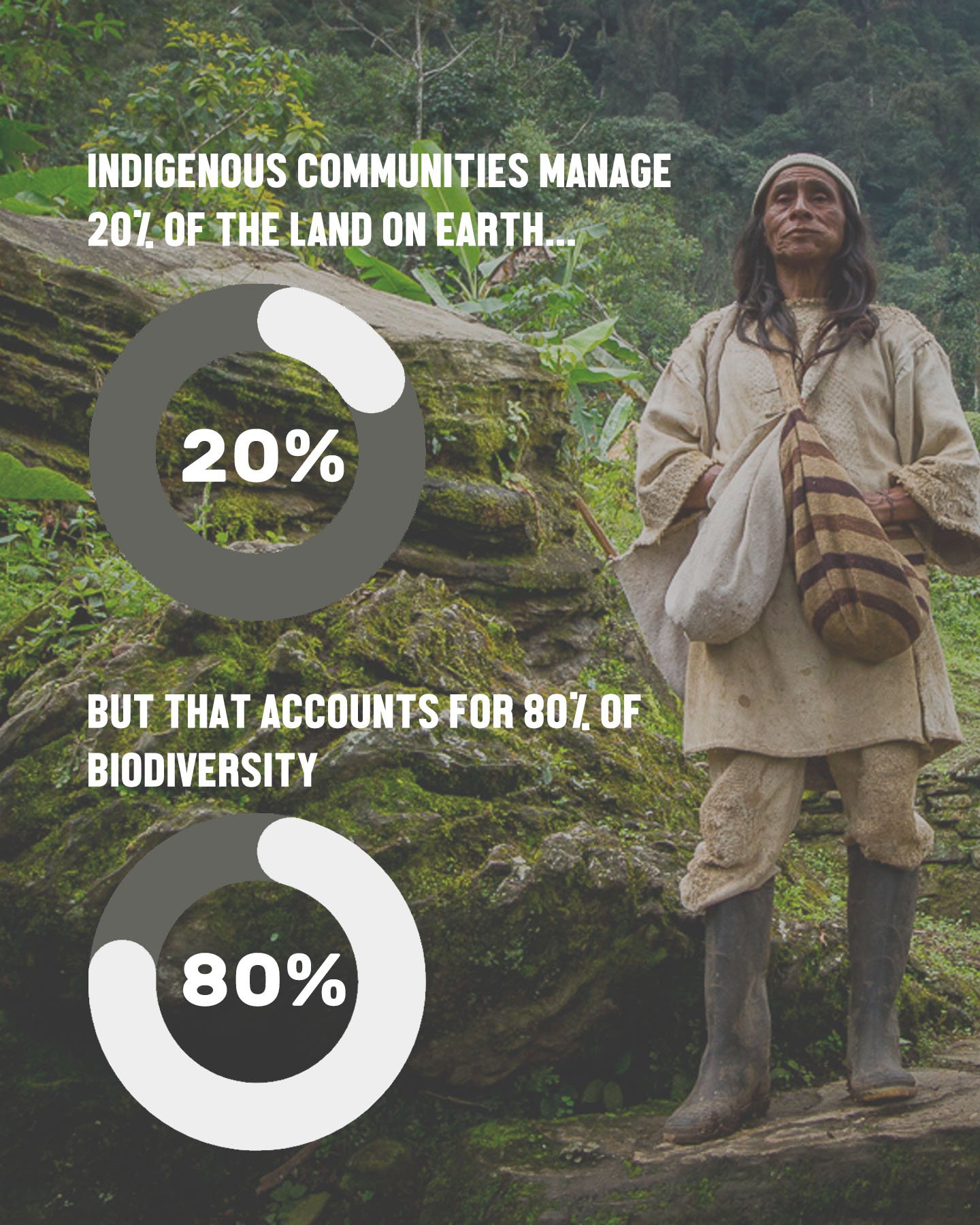
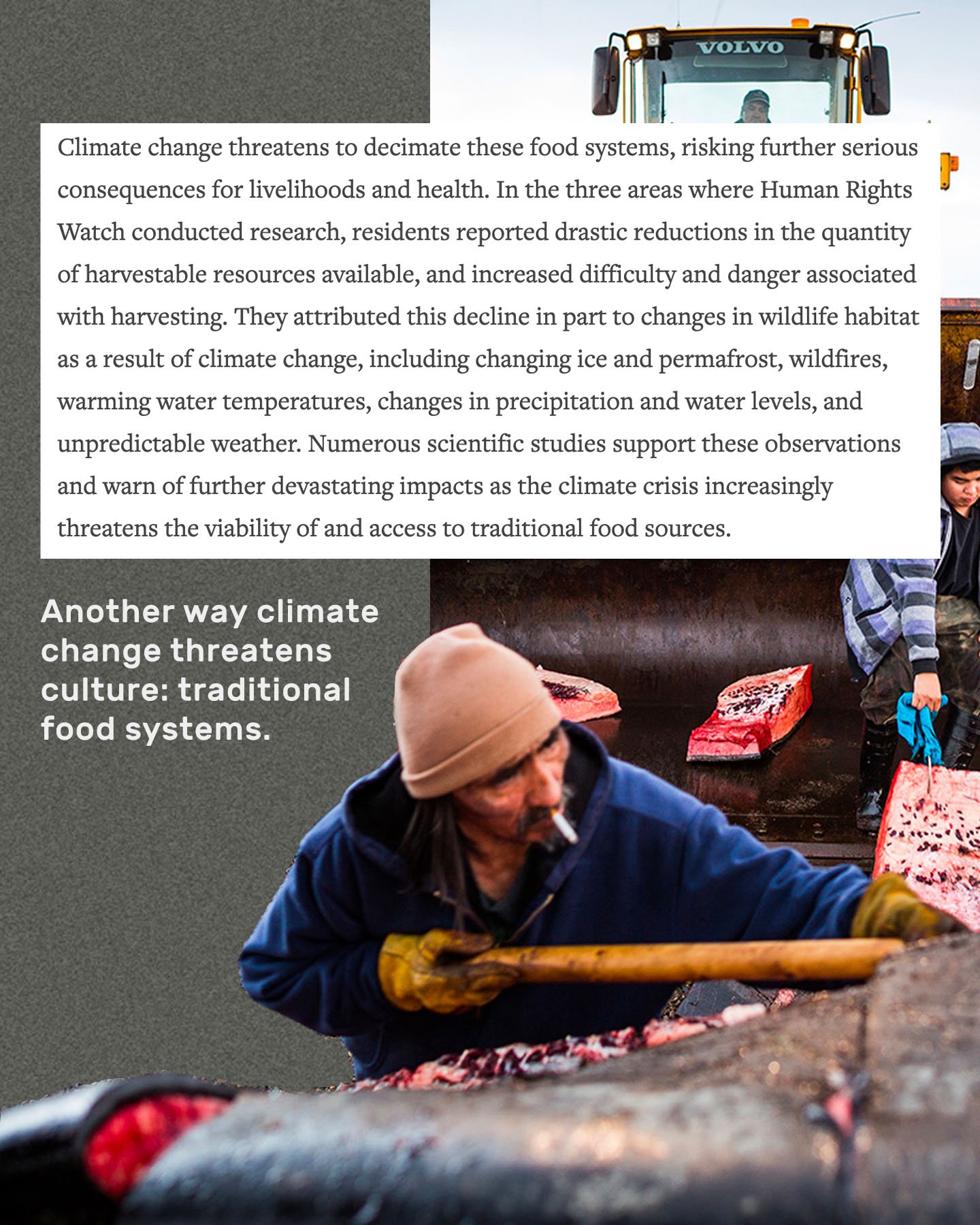
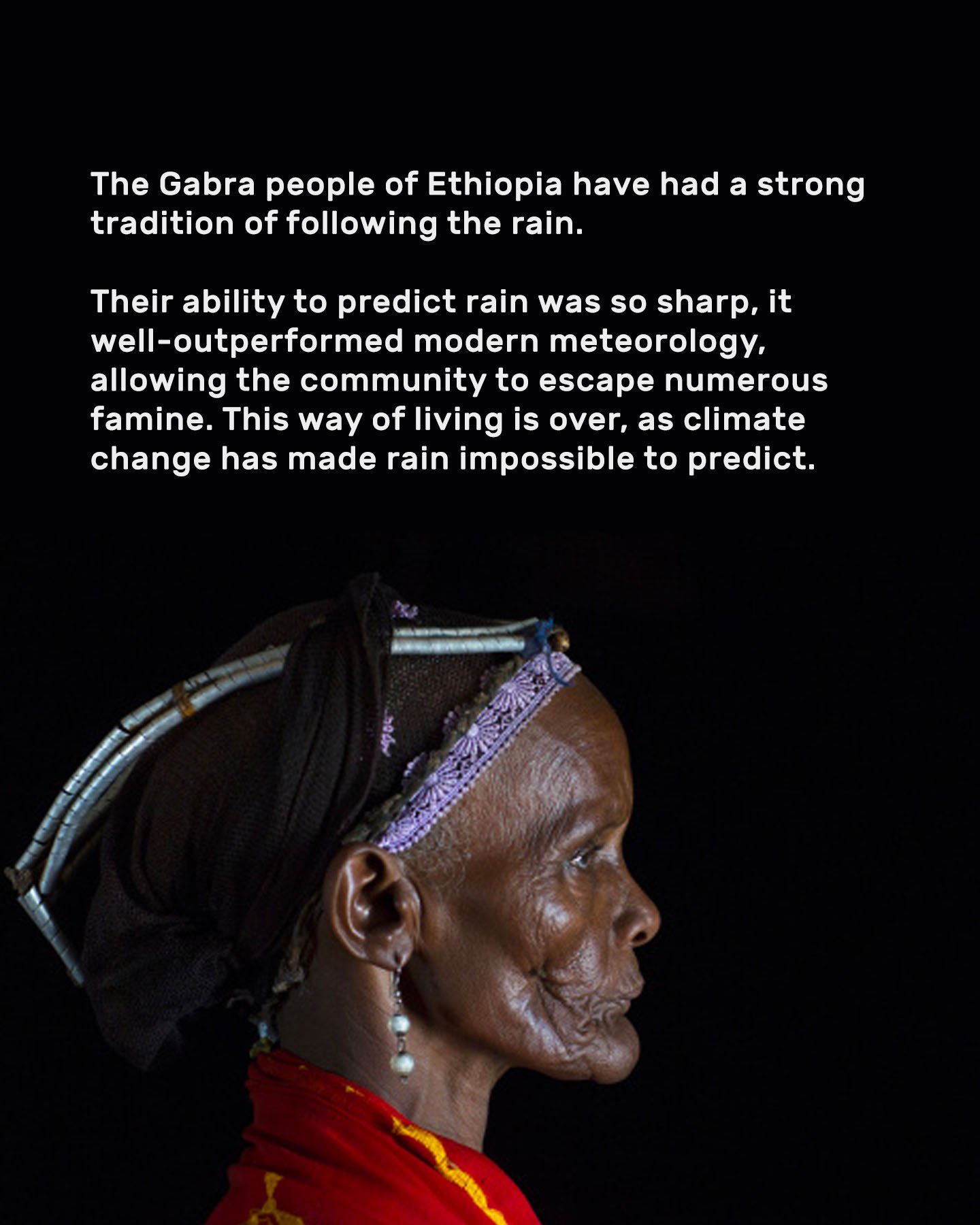
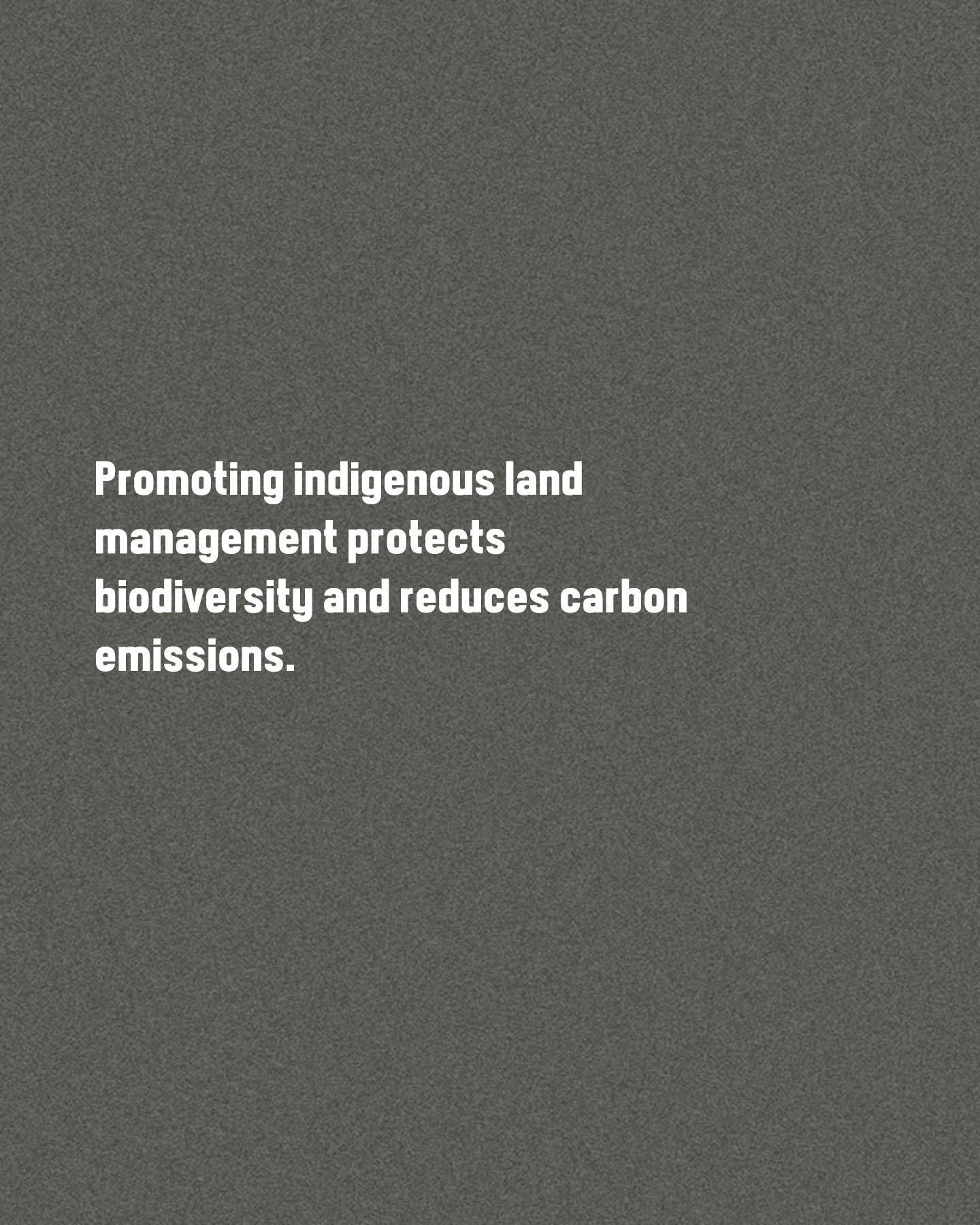
What’s good for nature is good for culture.
And vice versa.
In Burundi, I was greeted by multiple Ingoma performances… dances set to the thundering royal drumbeats that carried throughout a hillside.
Then my friends showed me the tree the drums were made from. Cordia Africana. AKA Sudanese Teakwood. An endangered tree, whose wood is irreplaceable when it comes to getting the thundering sound just right.
In Alaska, I became intrigued and invested in native languages that were down to a few dozen speakers.
I found a map that showed the correlation between places where languages were going extinct and places where wildlife was going extinct.
And it all became clear.
Countless cultural traditions are at risk as habitats are threatened. But efforts to protect nature can help preserve culture. And promoting the agency of indigenous groups also has benefits to nature.
What’s good for nature is good for culture.
Alaska
Alaska was a whole nother level of beautiful.
I always feel so much more alive whenever I have mountains and forests in my line of sight. Do you get that? I don’t know how else to describe it, but there’s just a different feeling around mountain ranges that takes over and I was definitely feeling that up north. Even more so, knowing that the forests and mountain ranges I saw would just keep going on and on, up until the northern edge of the world.
Getting to sink my hands into the earth and seeing the deep black arctic soil reminded me so much of the richness of Iceland’s beauty, and I think I just have a thing for the far north and Arctic ecosystems. That said, I also like the far south… so maybe I’m just a fan of extremes.

